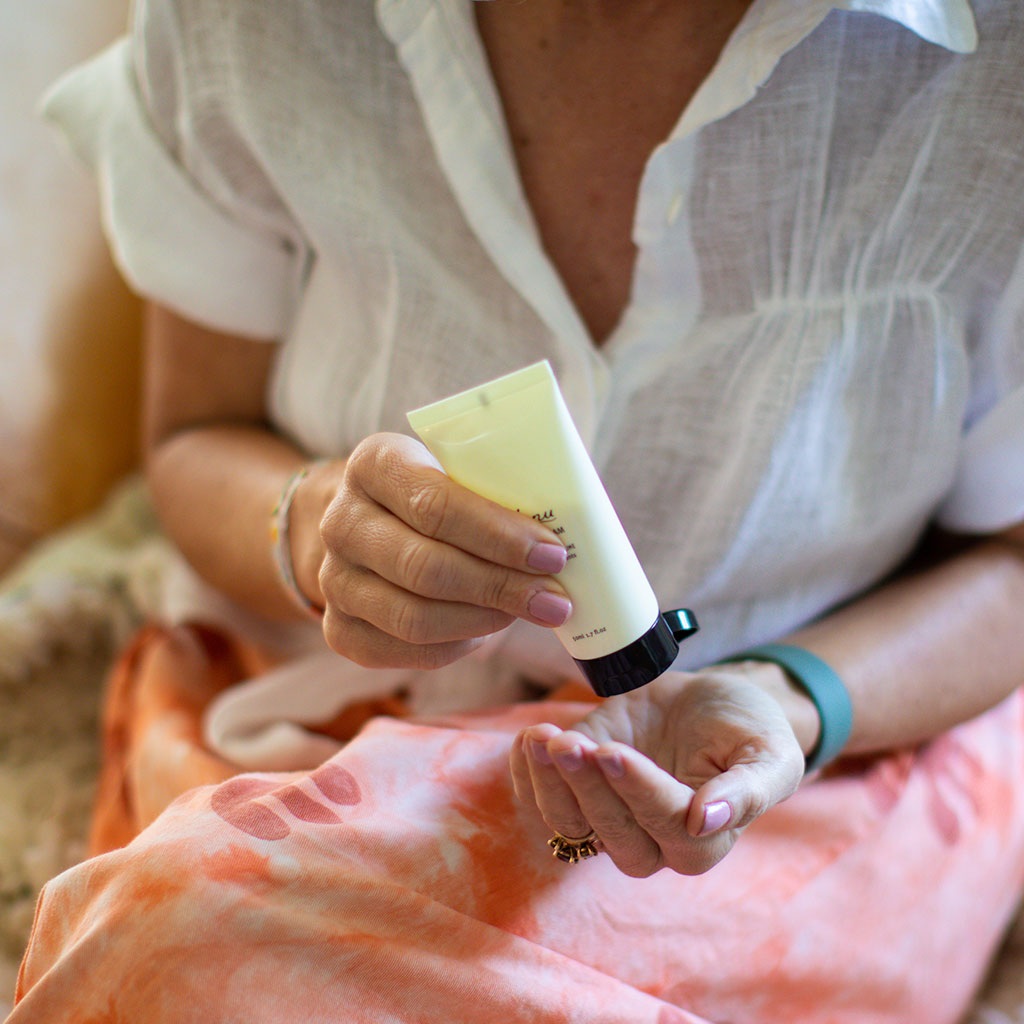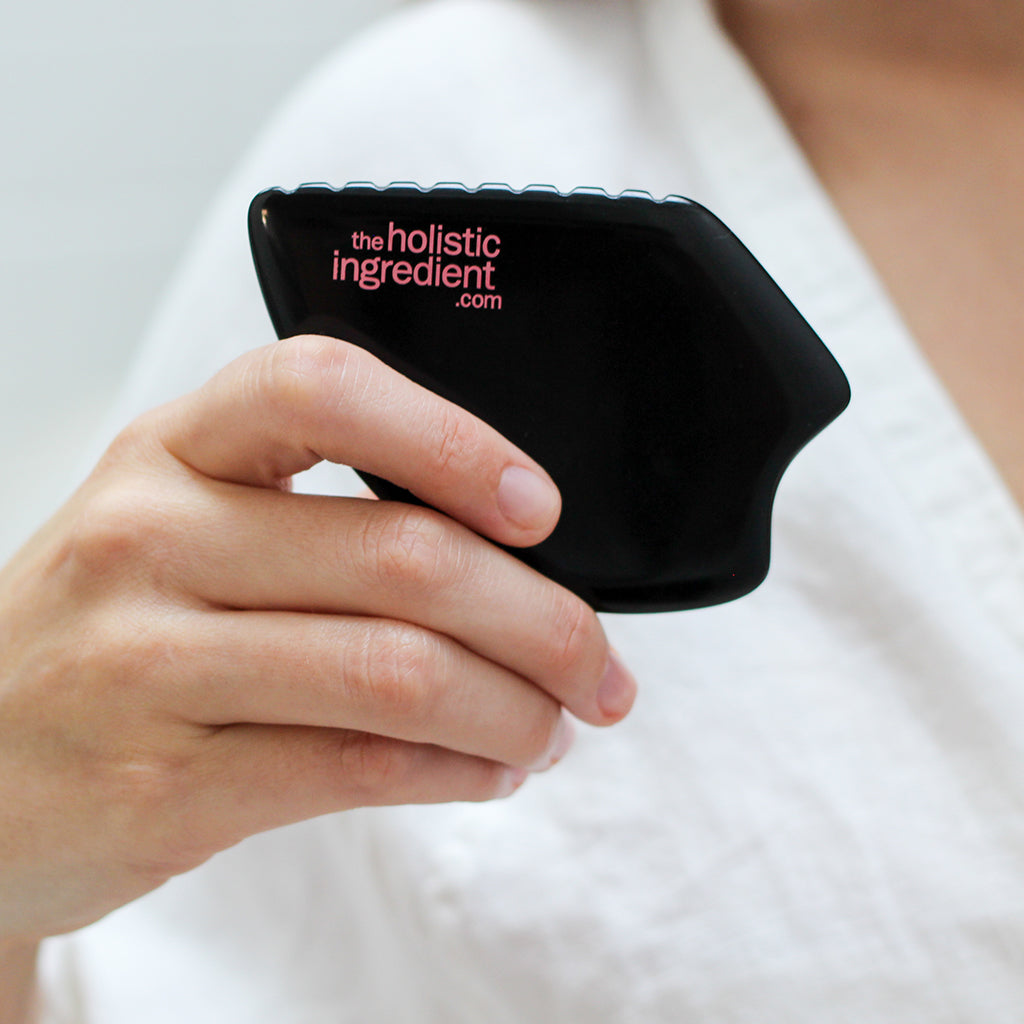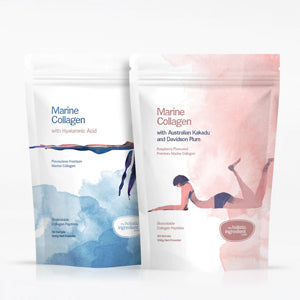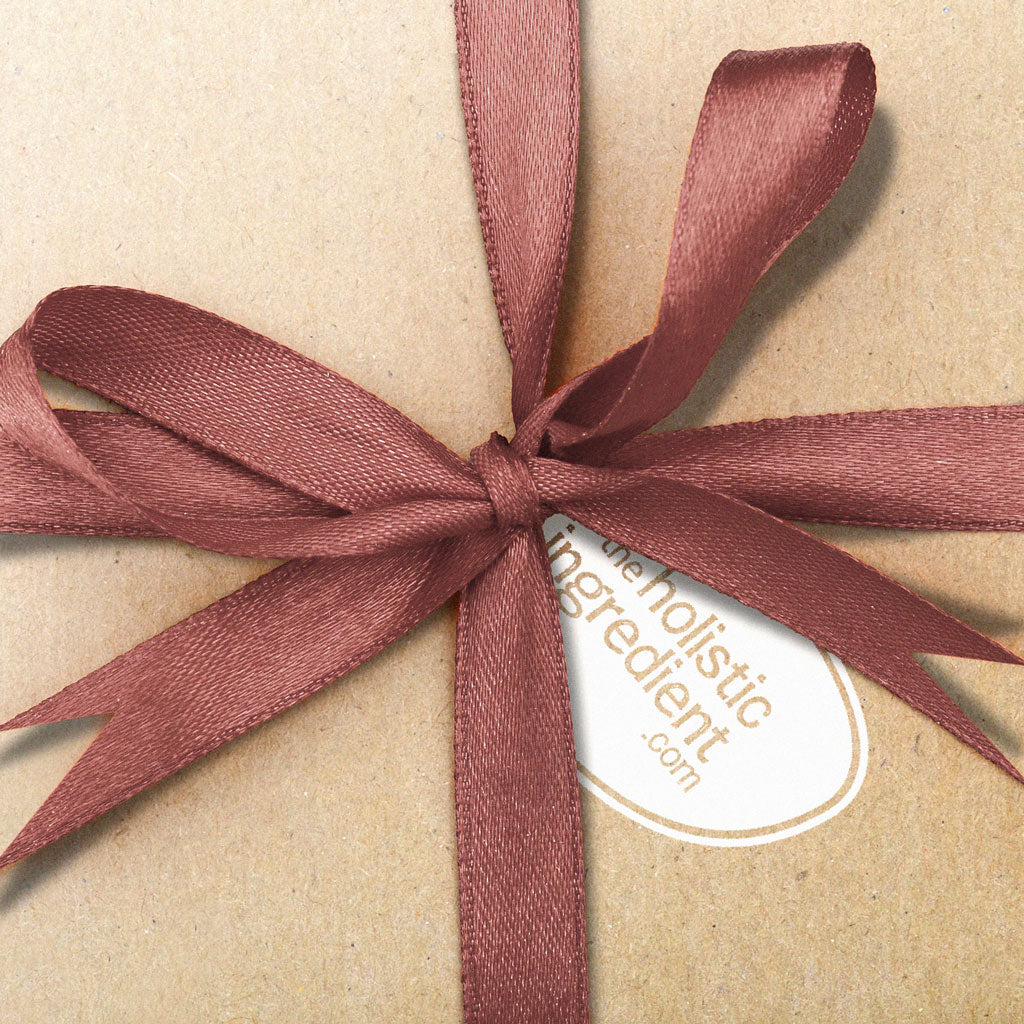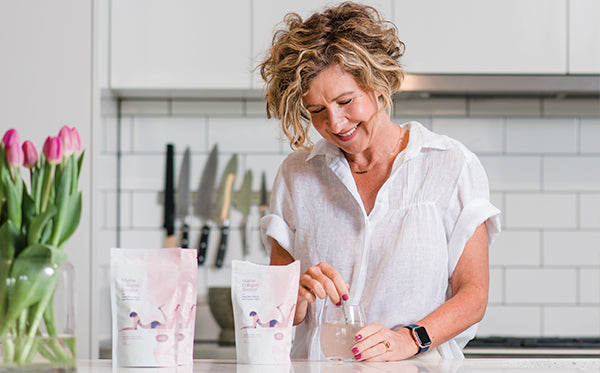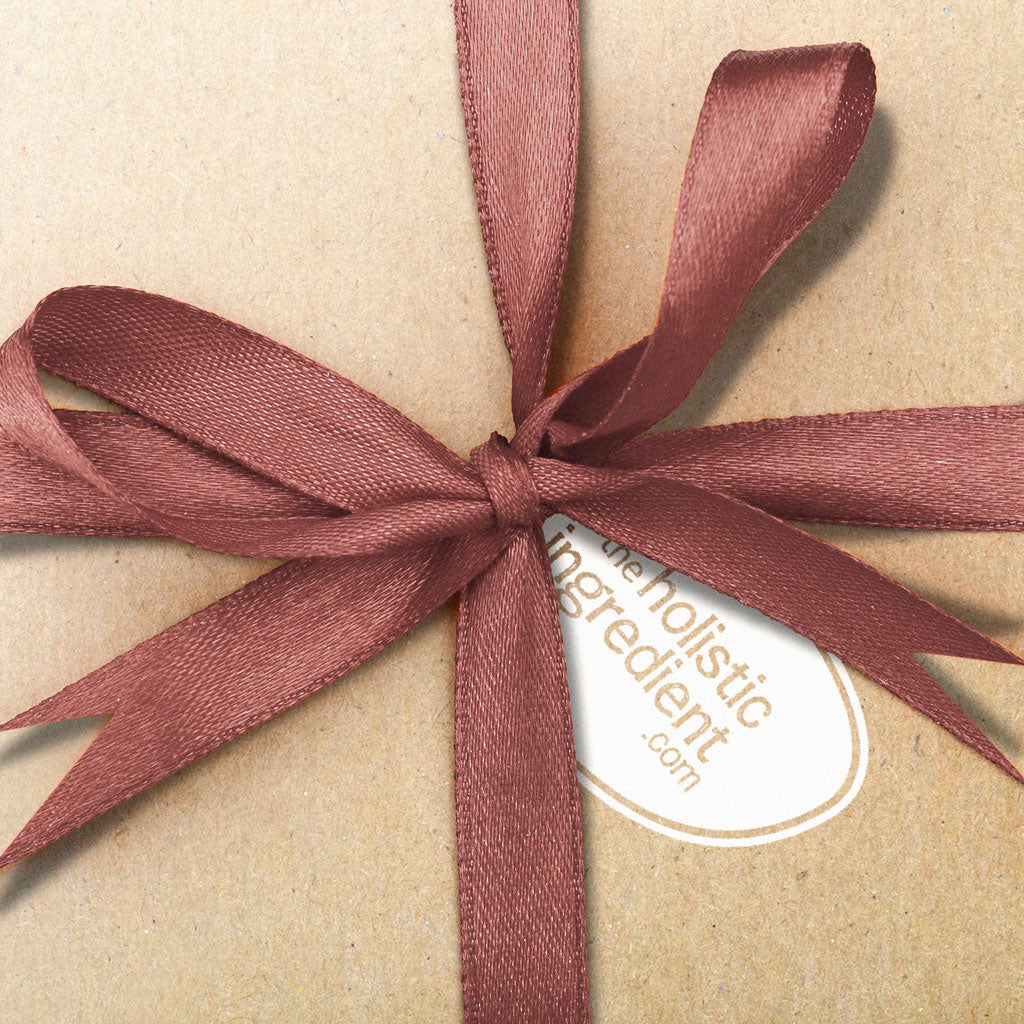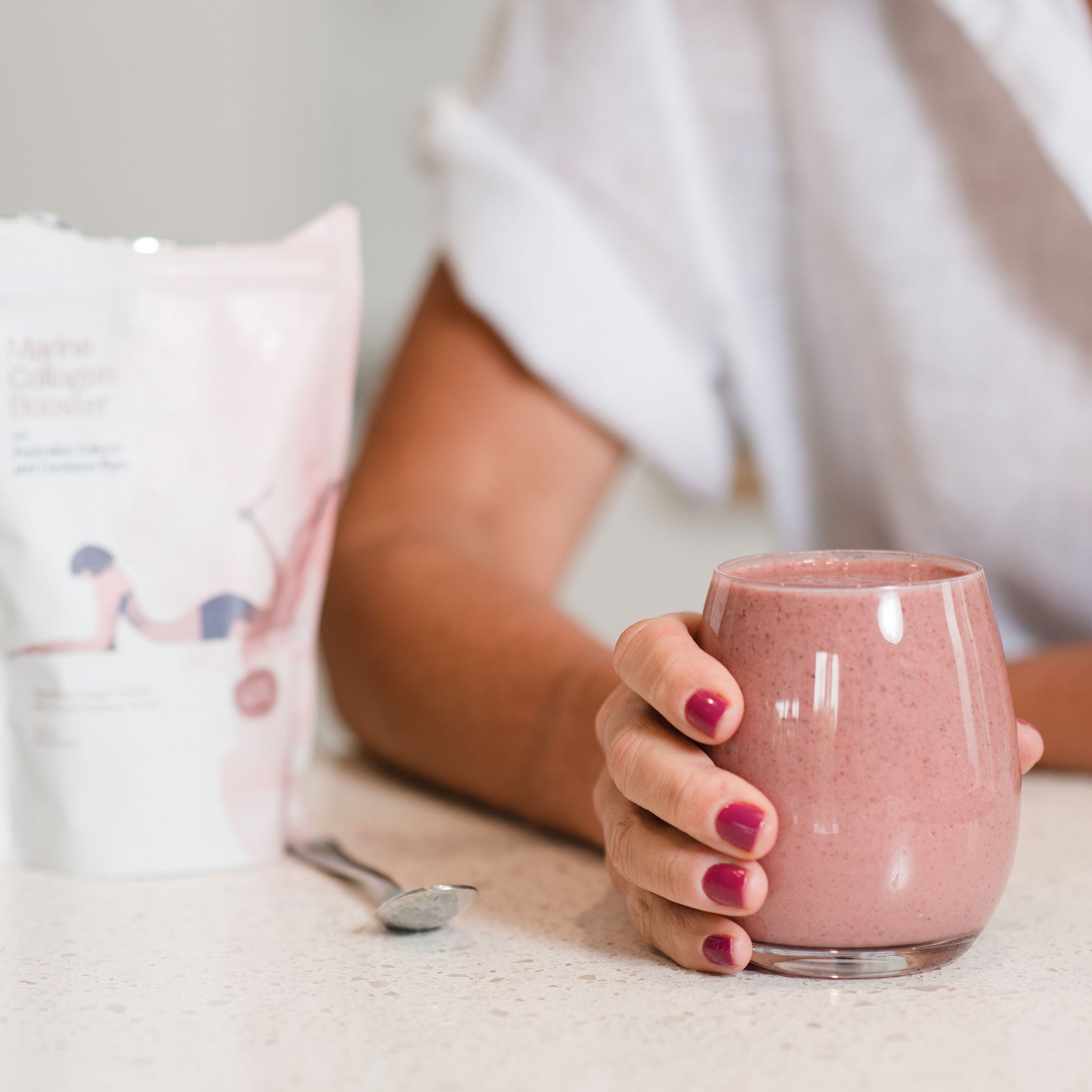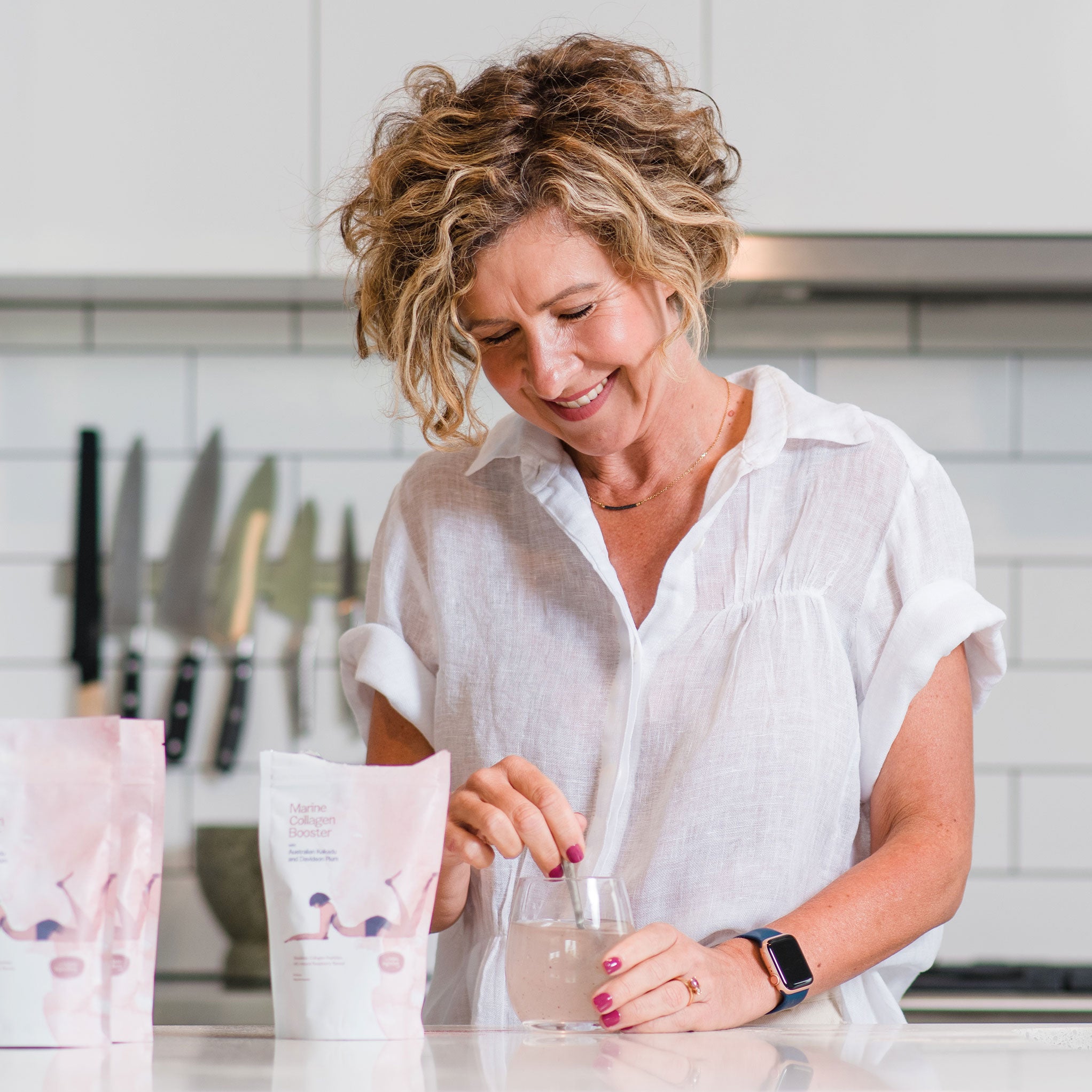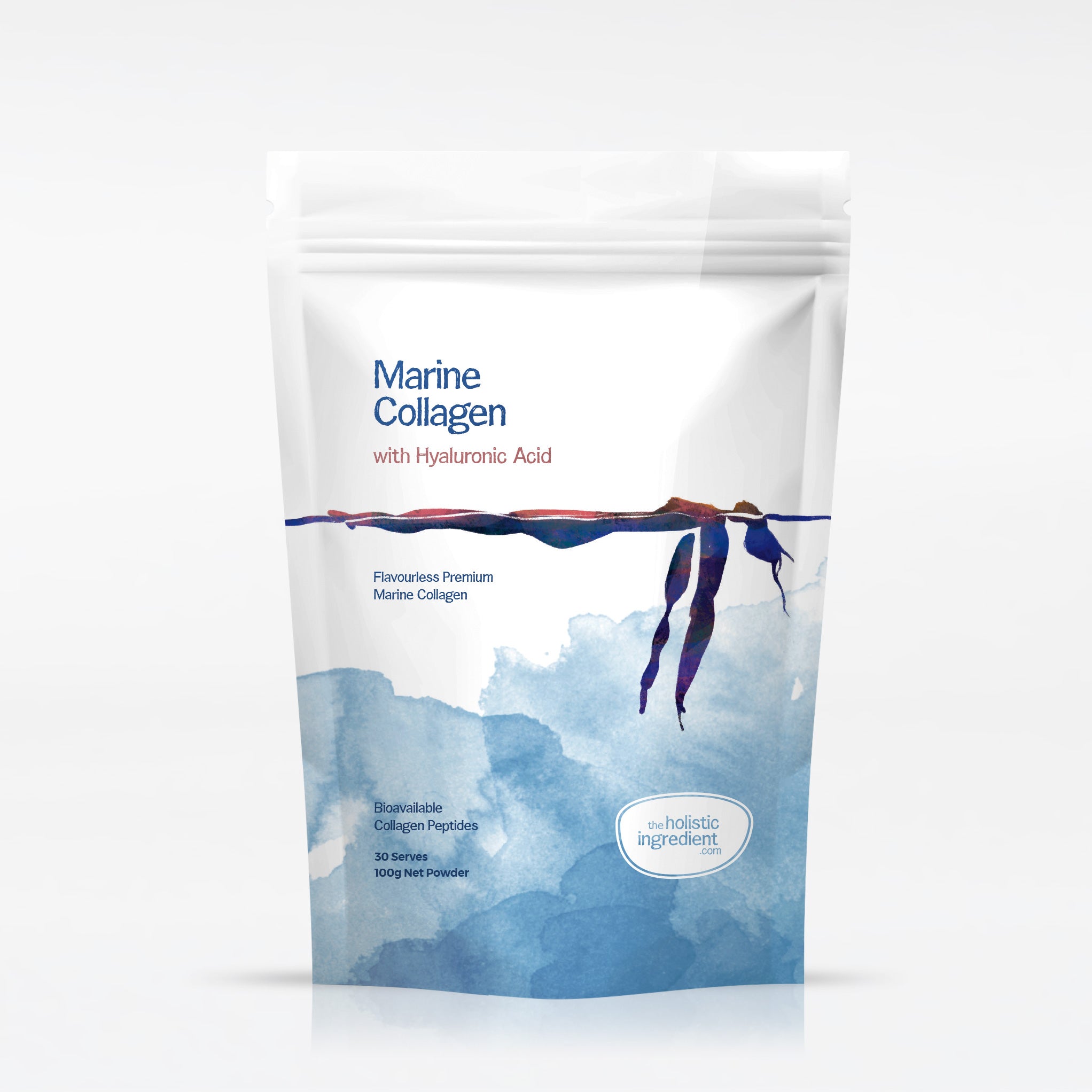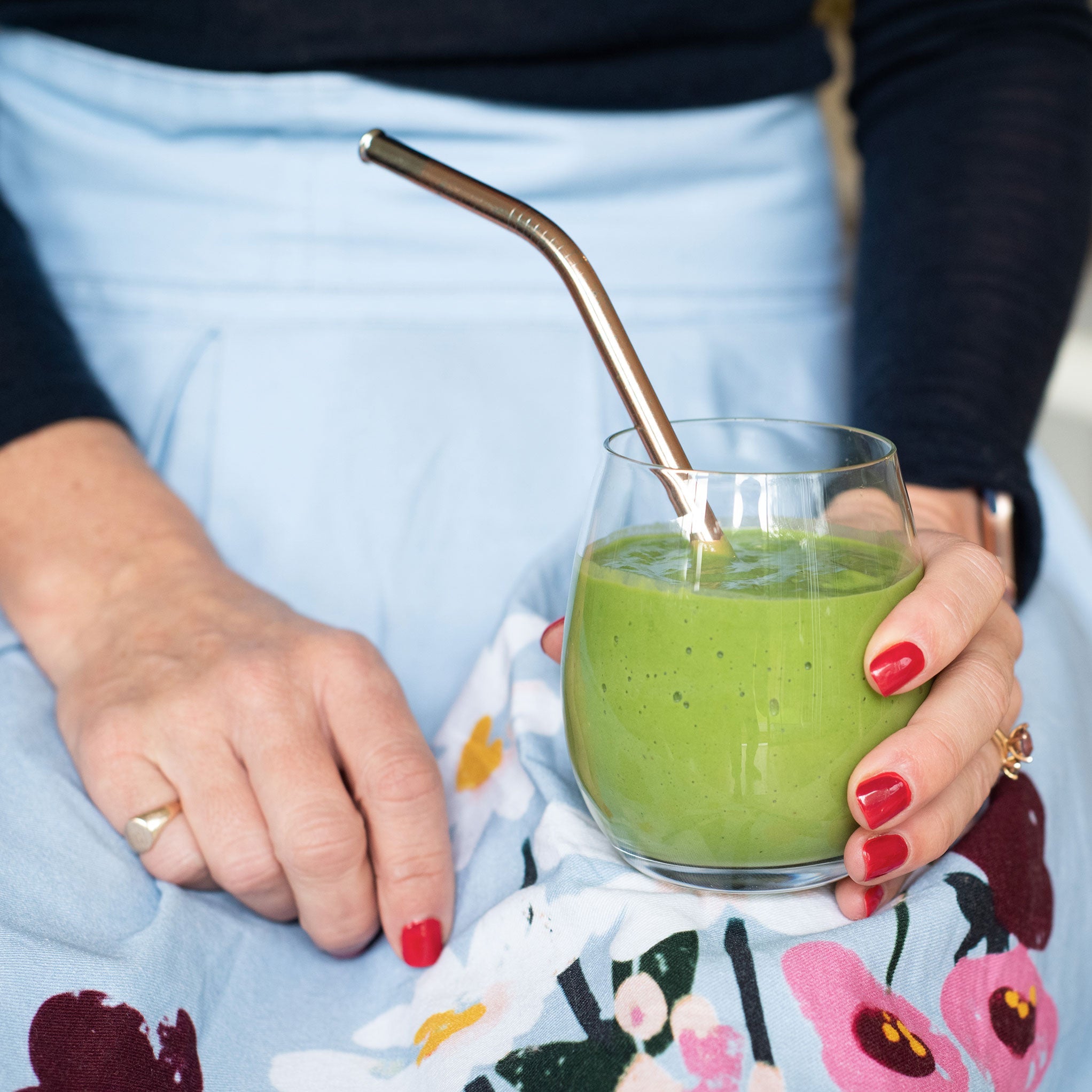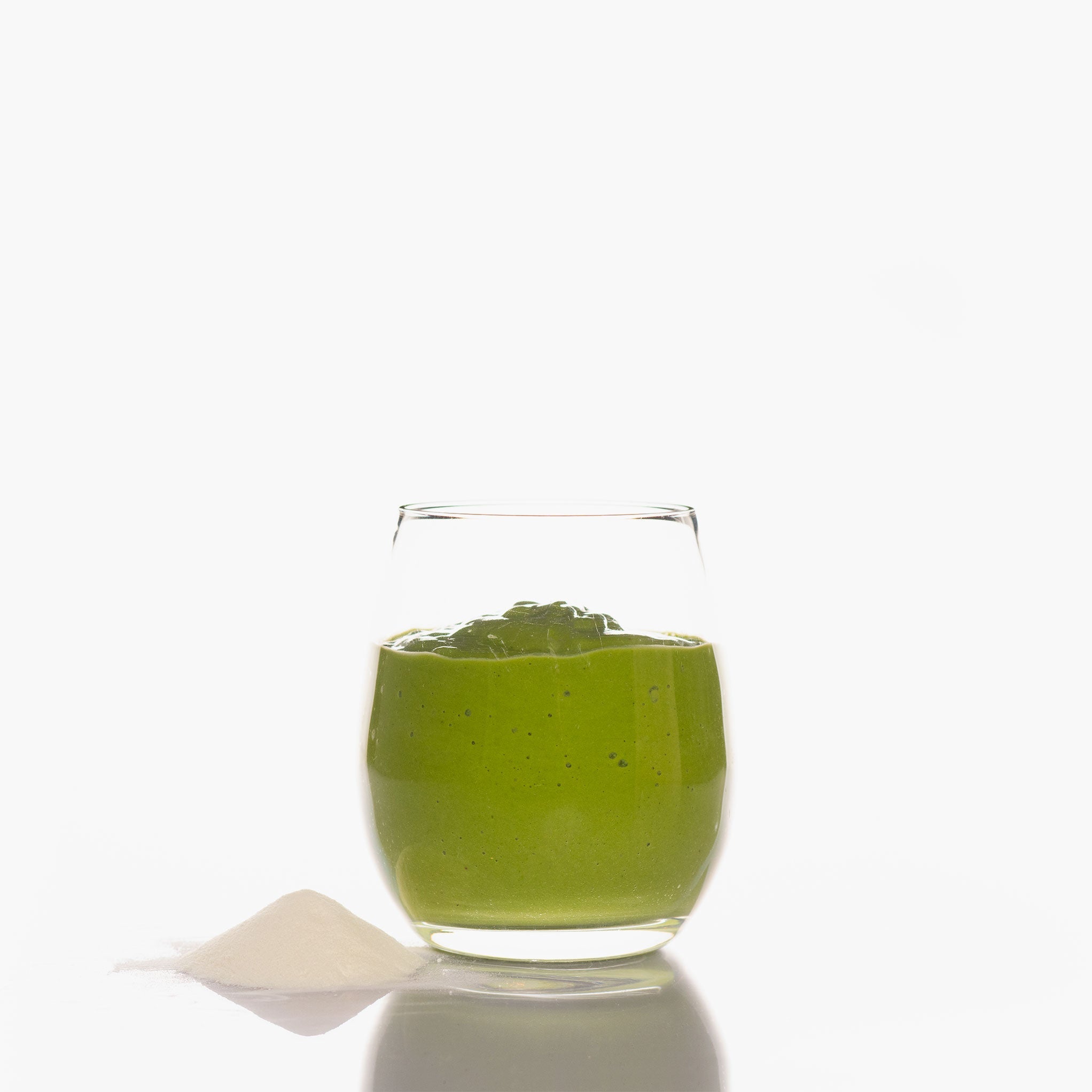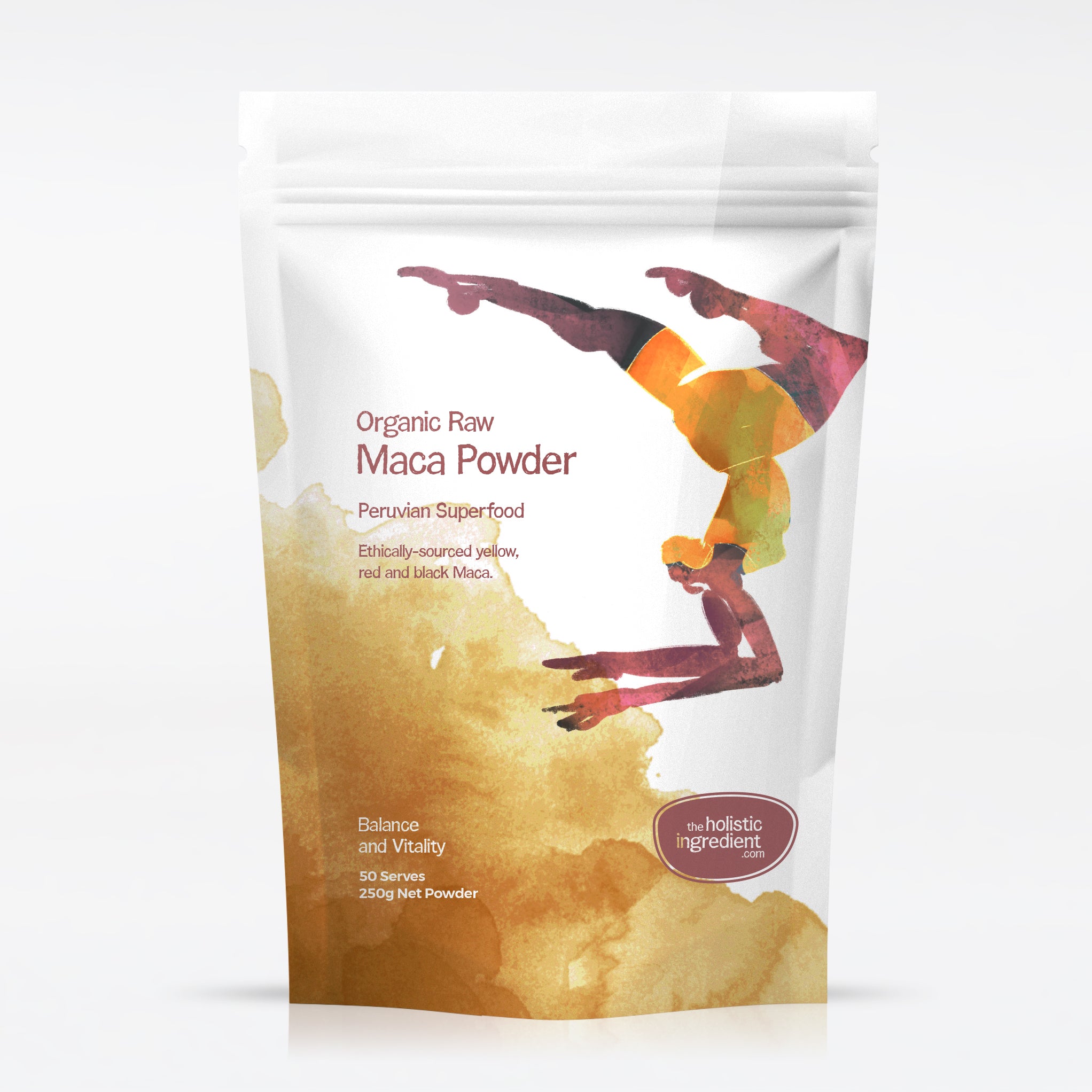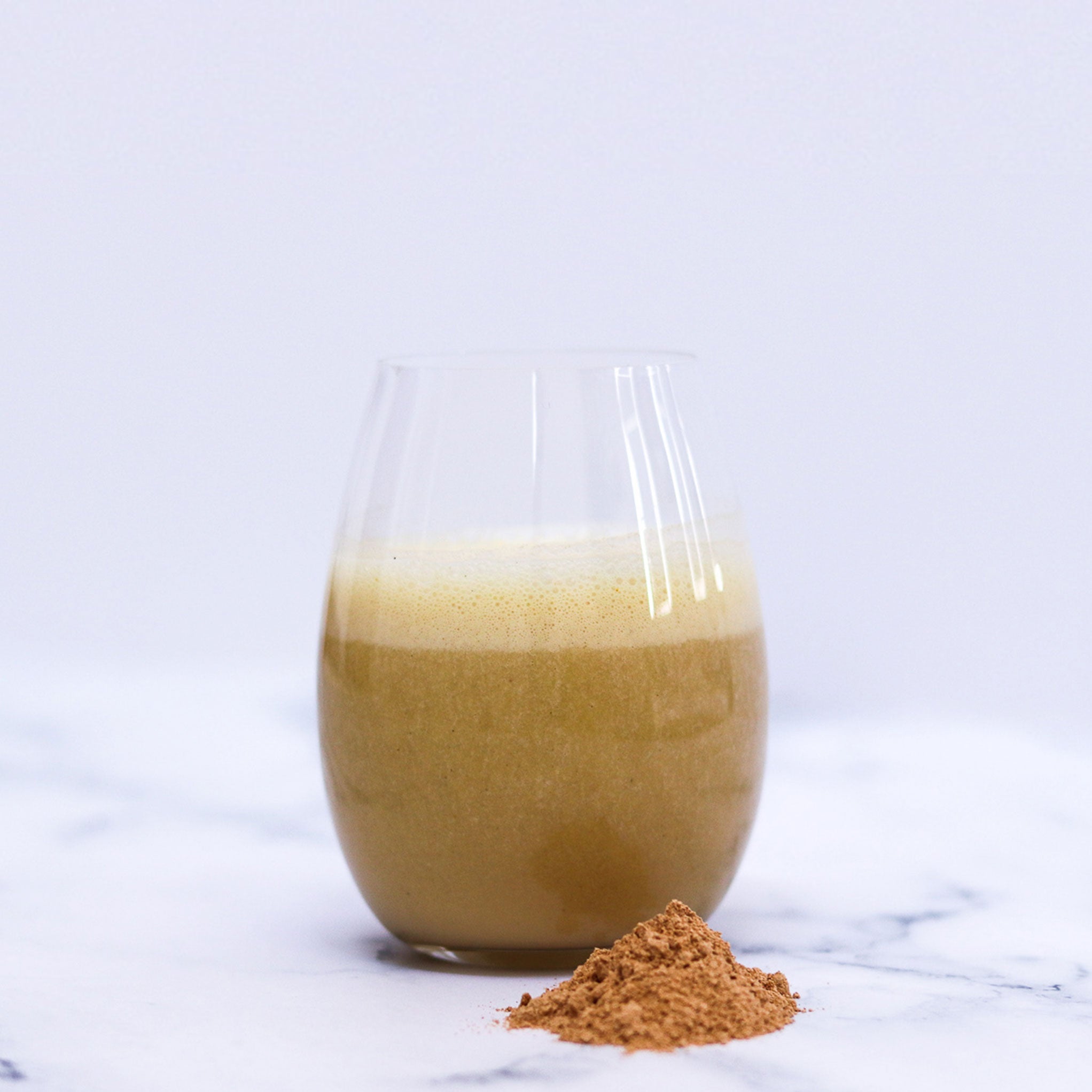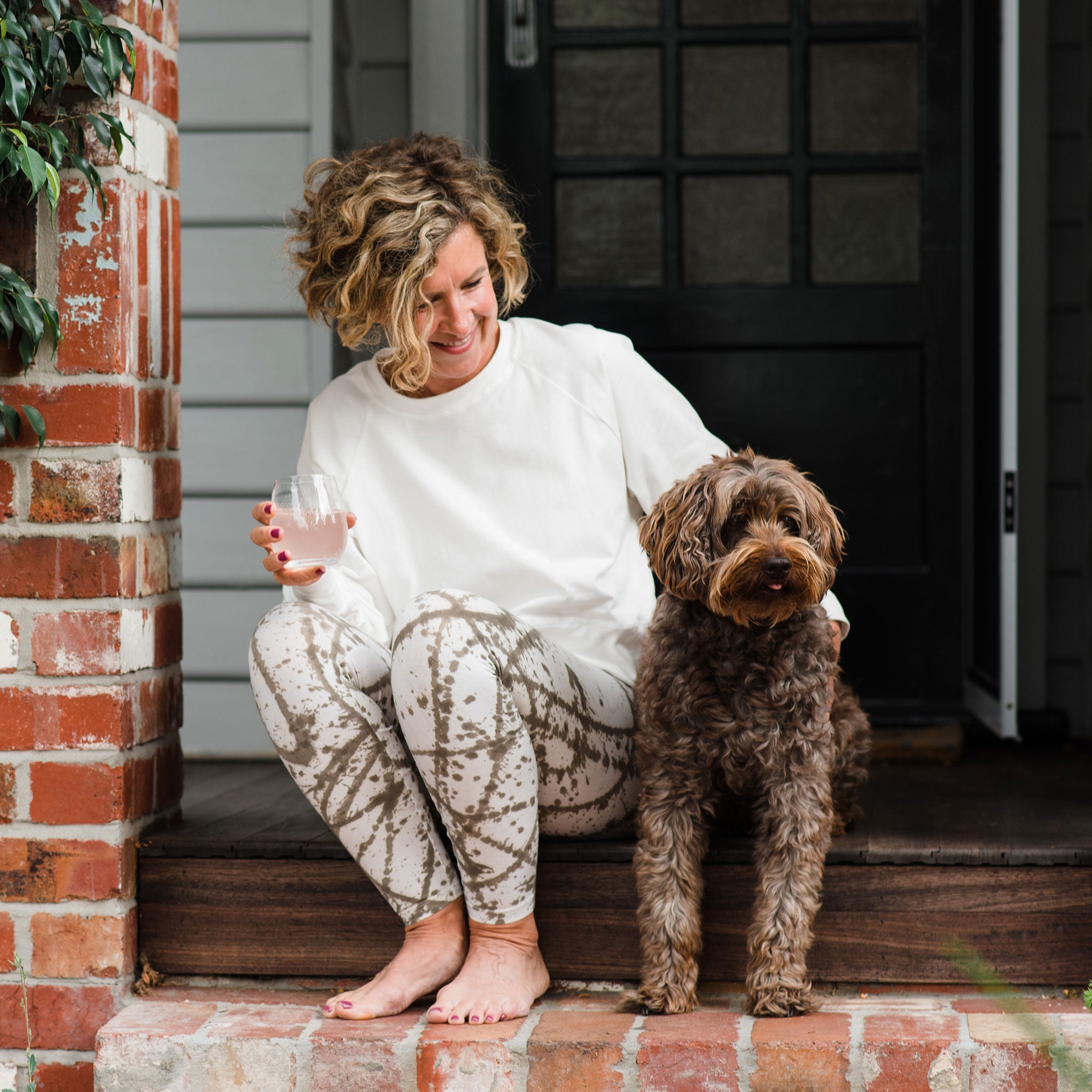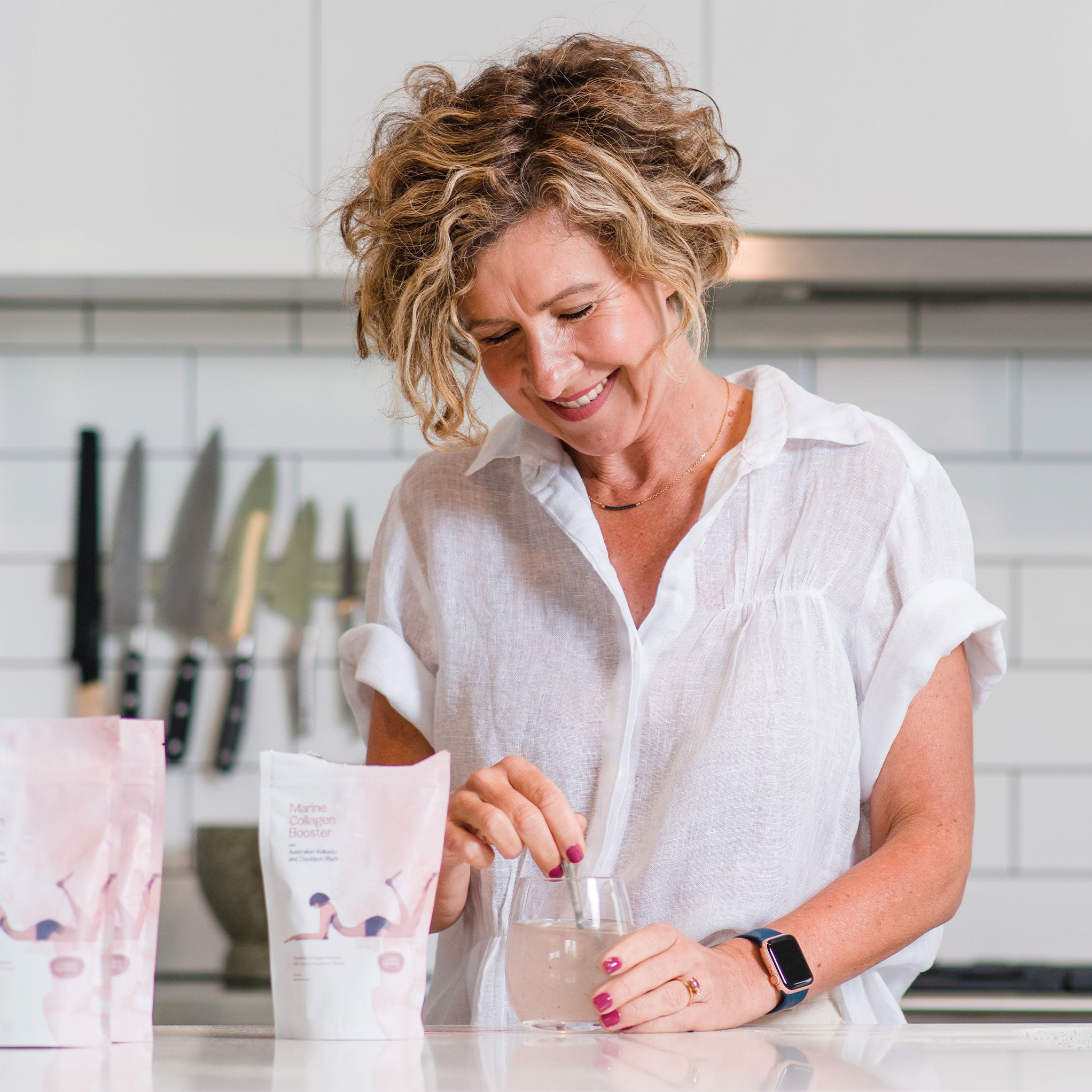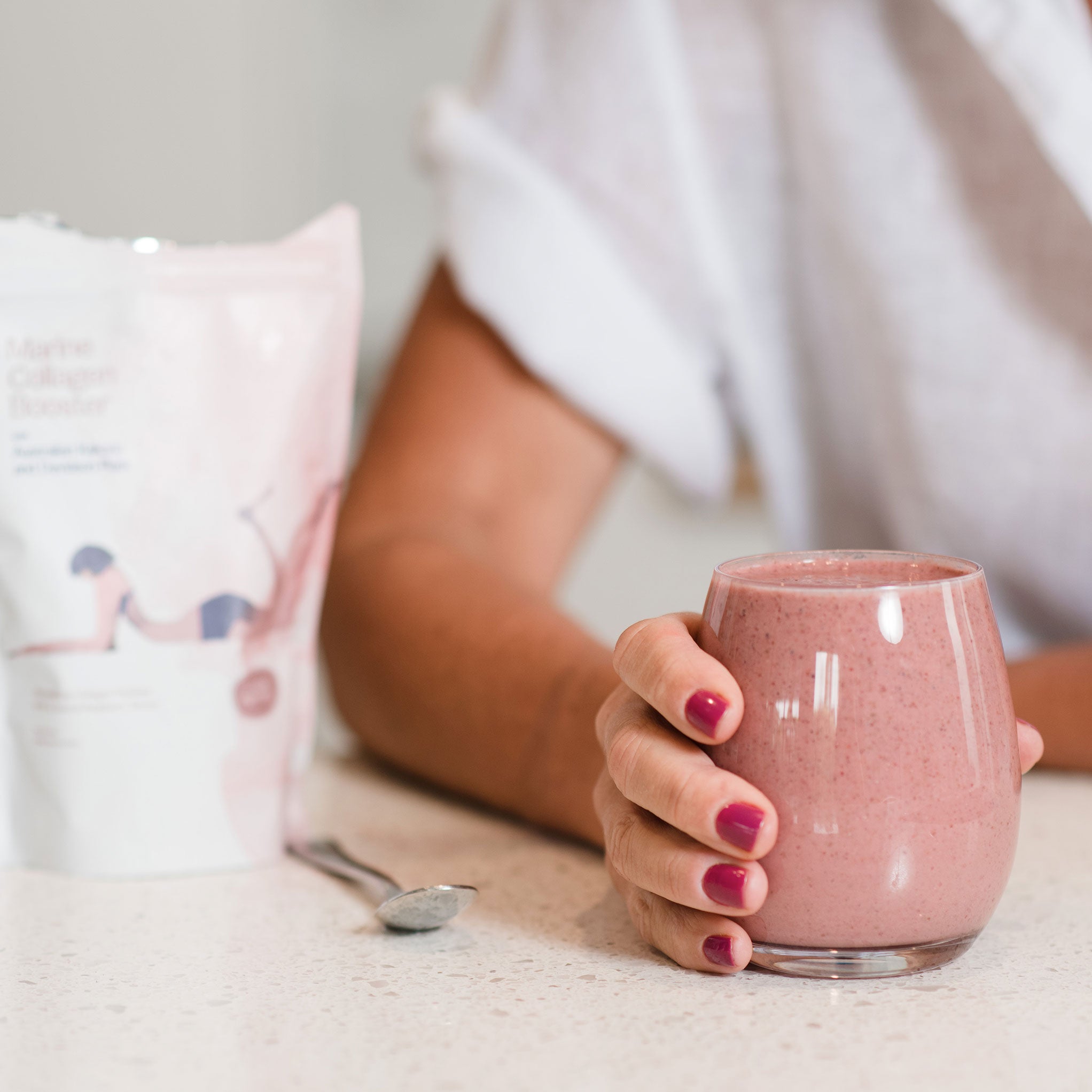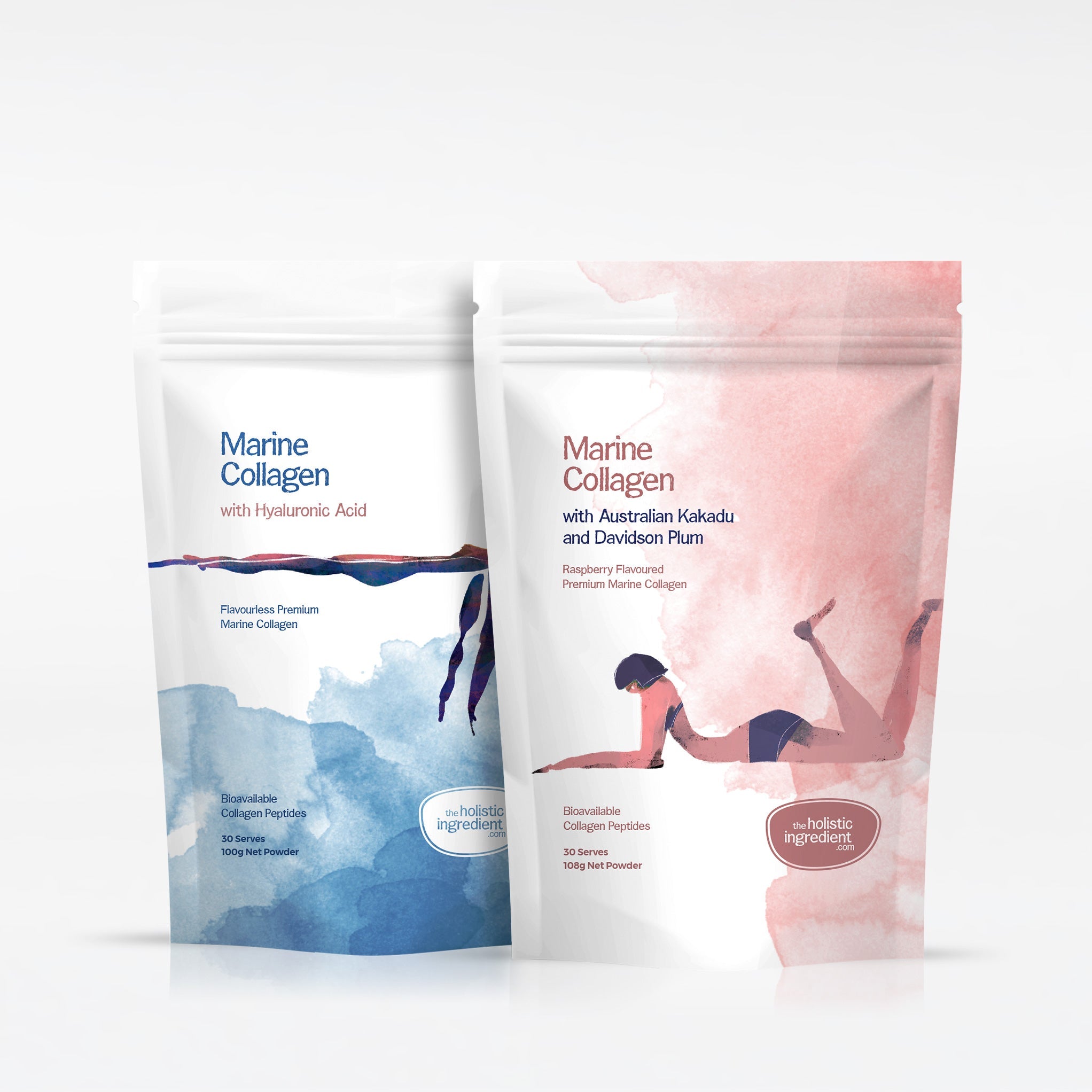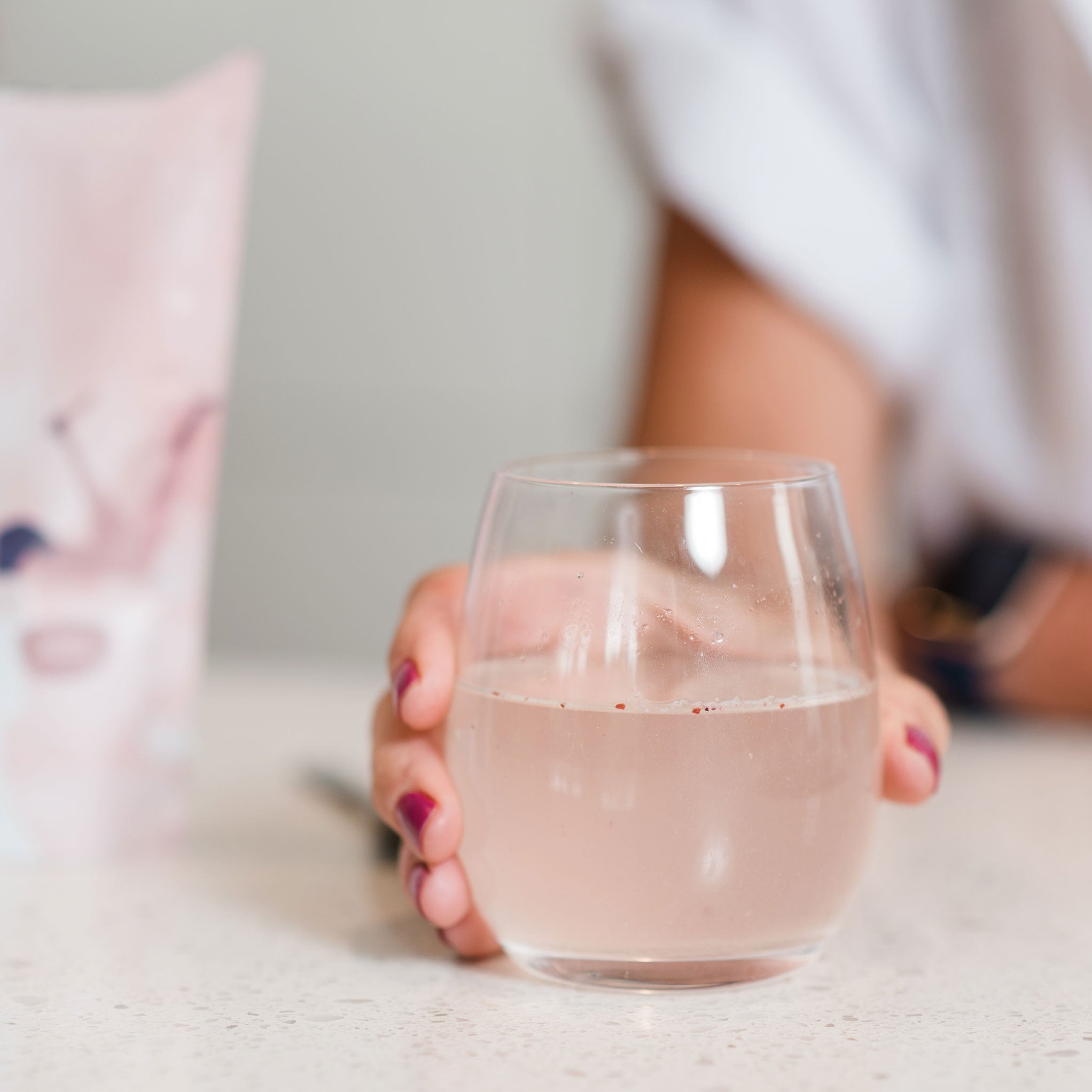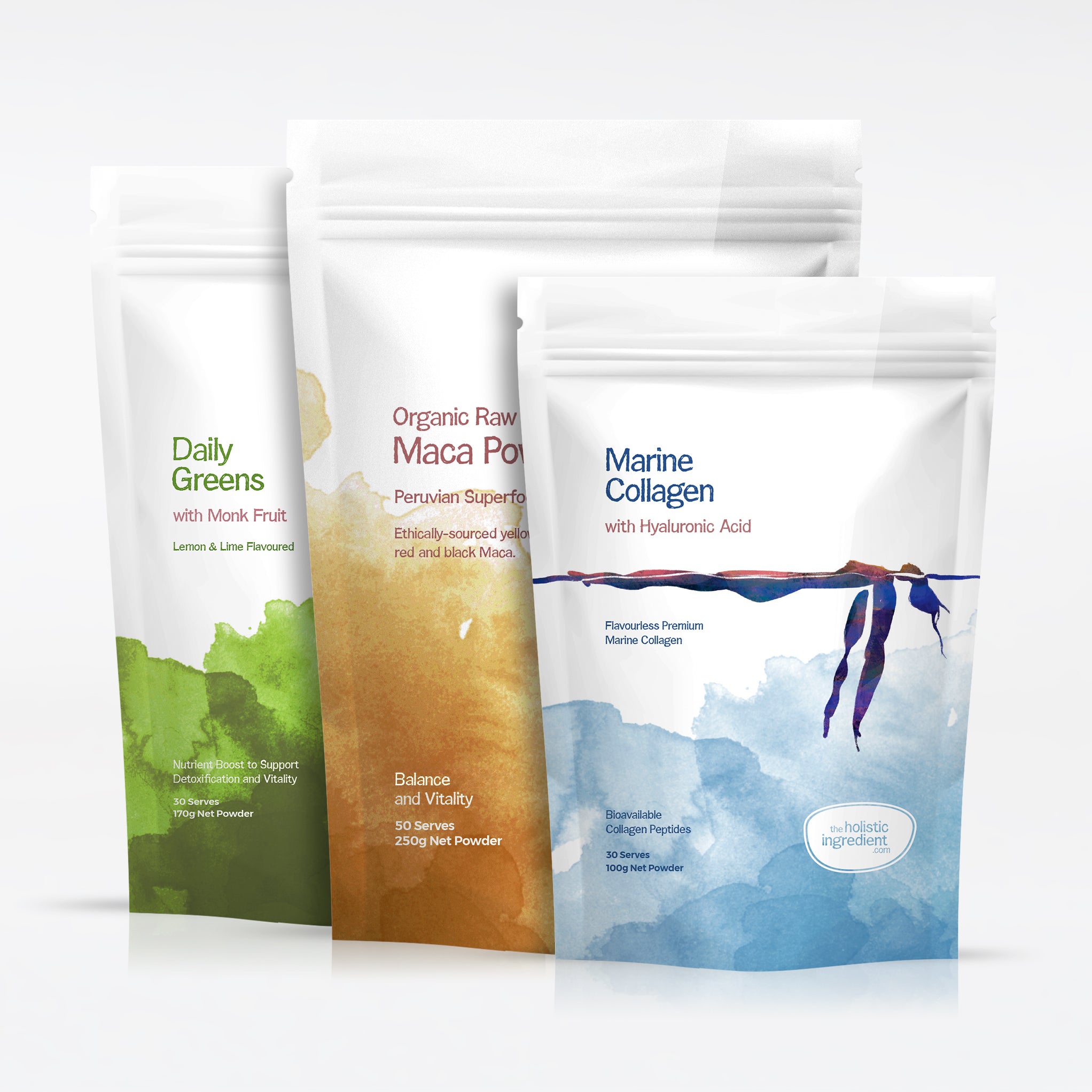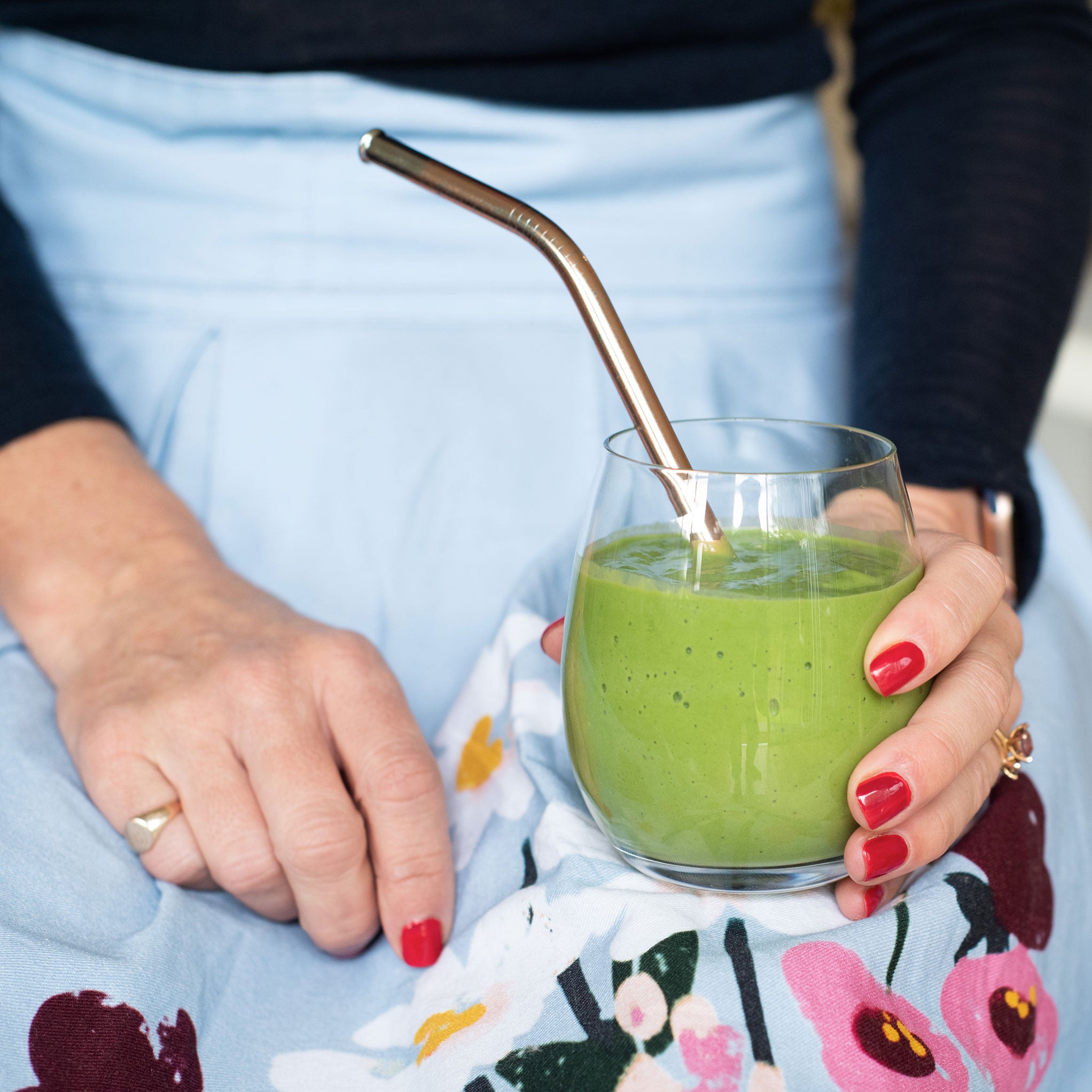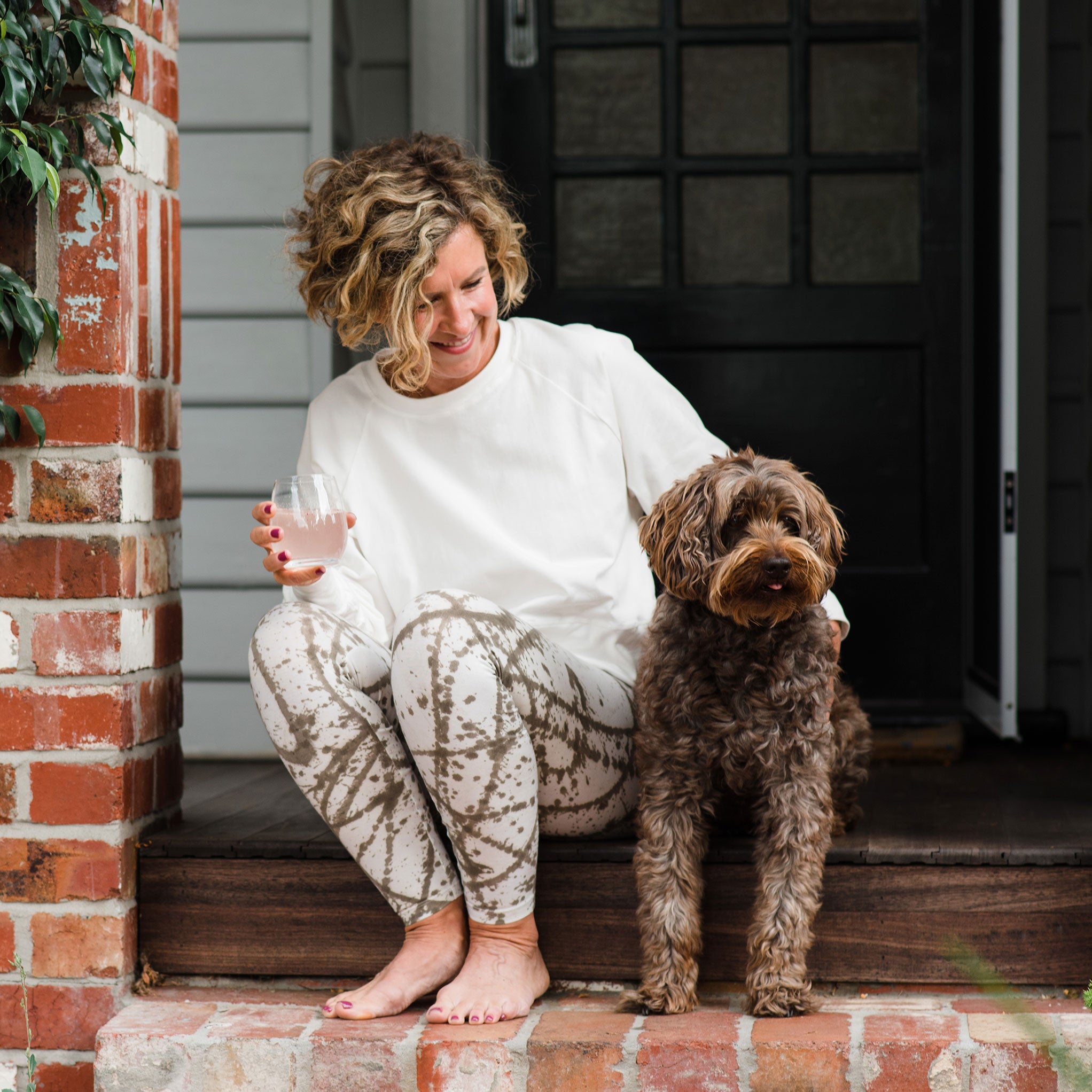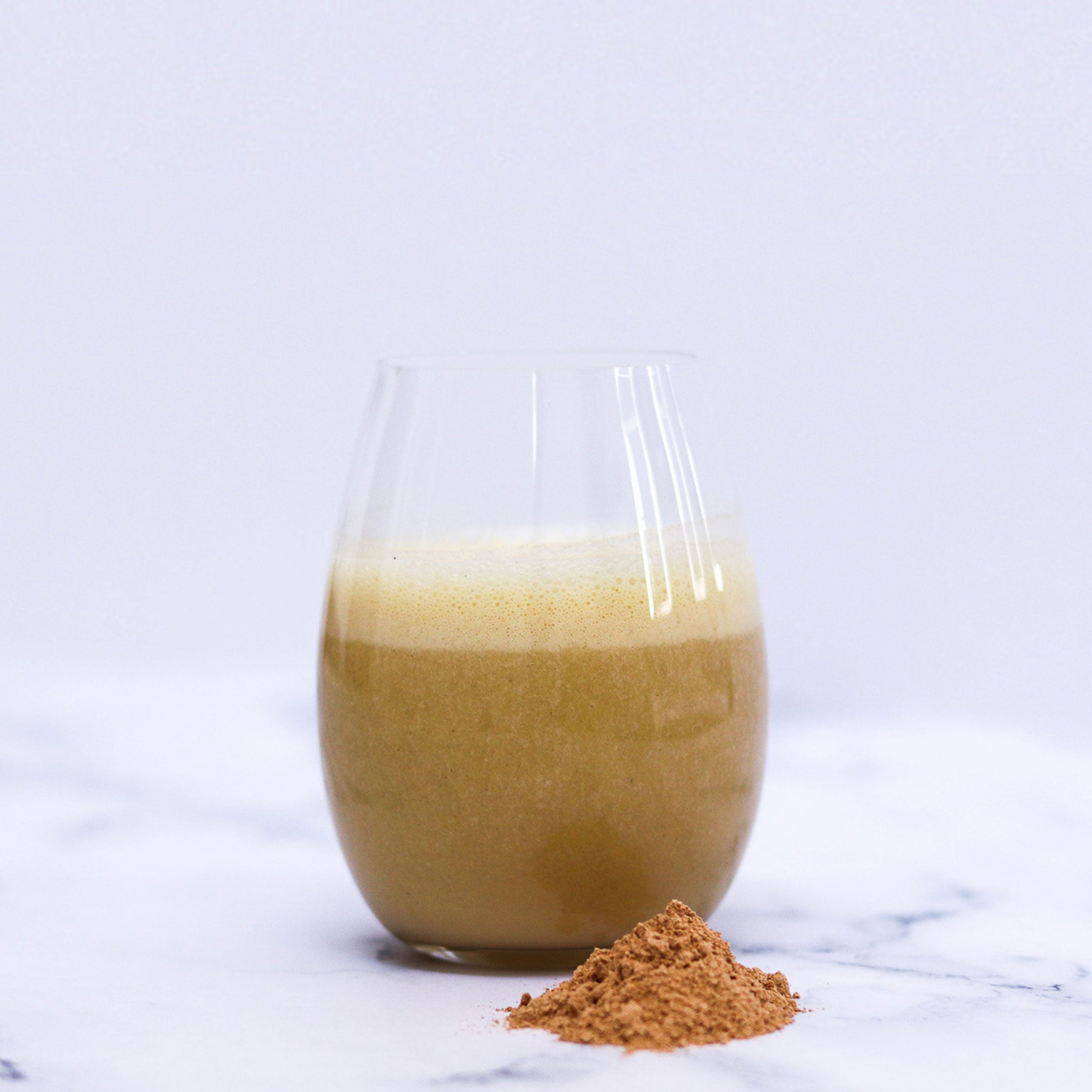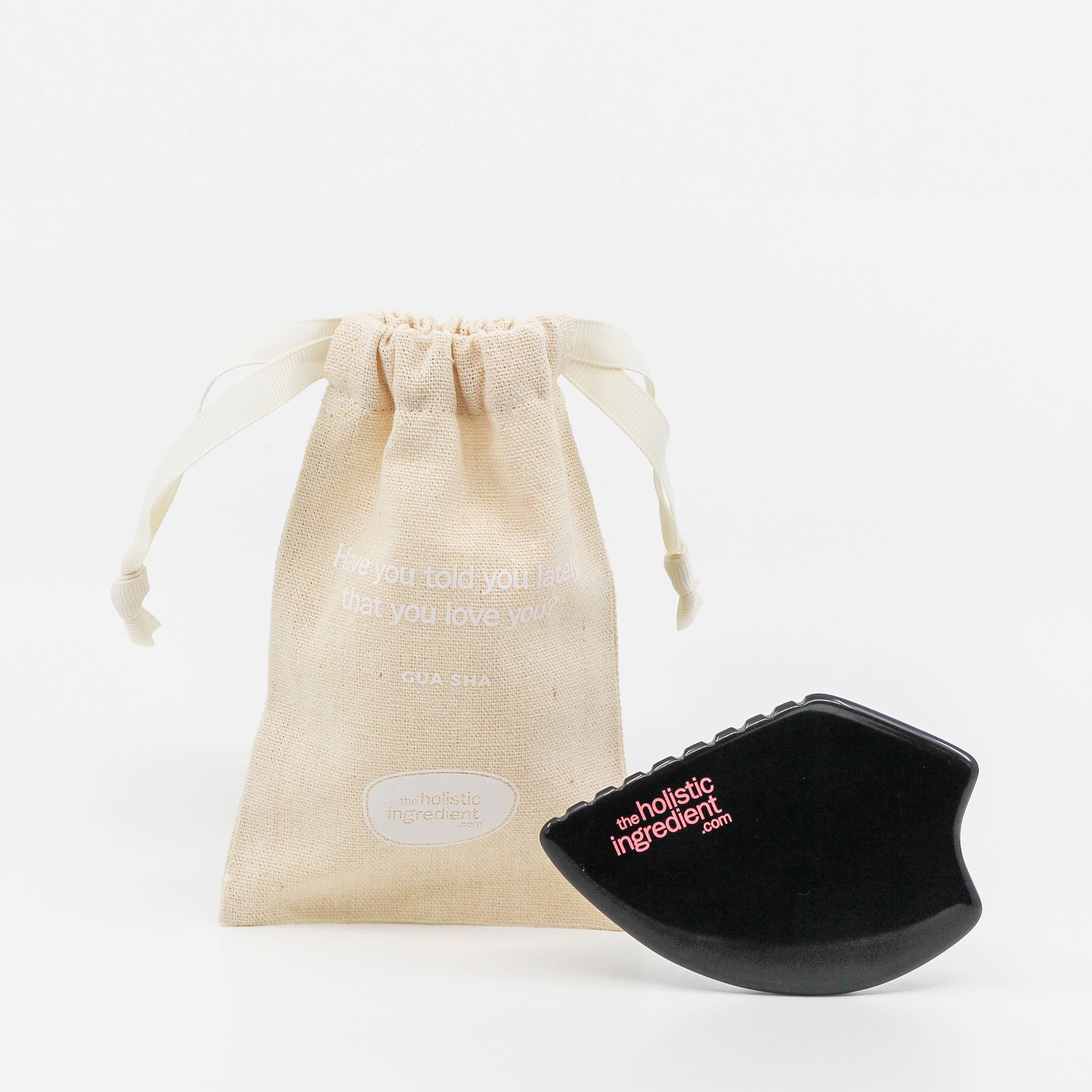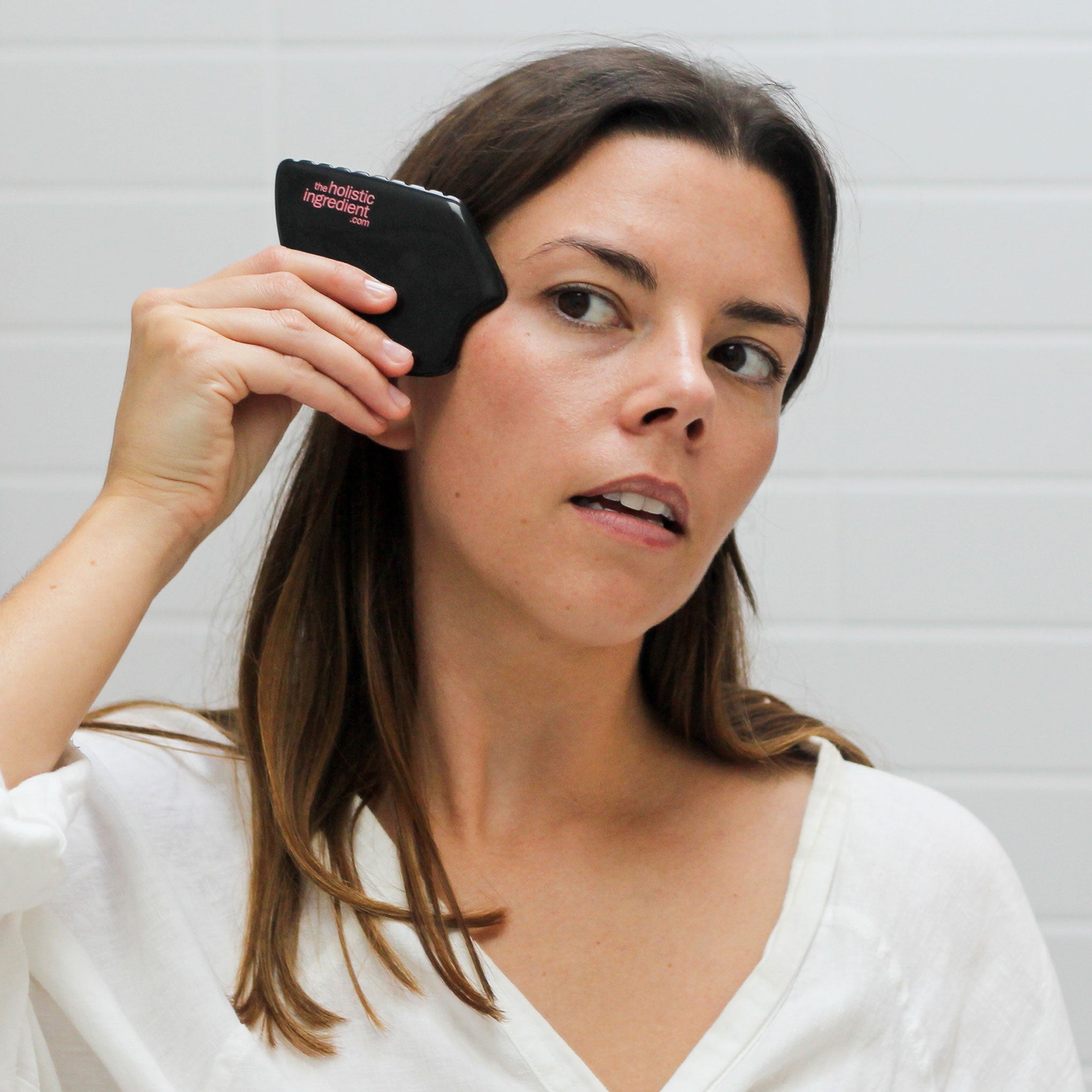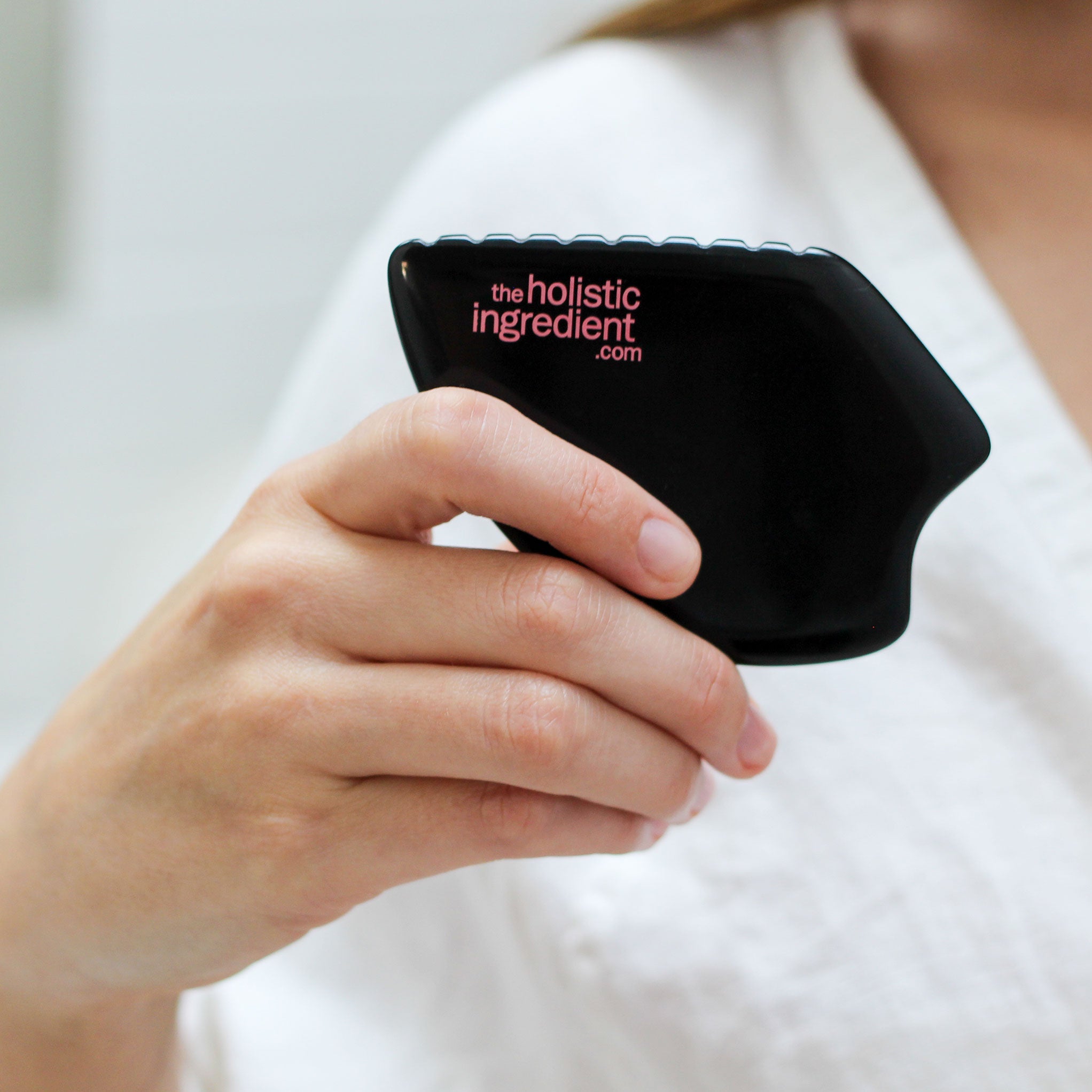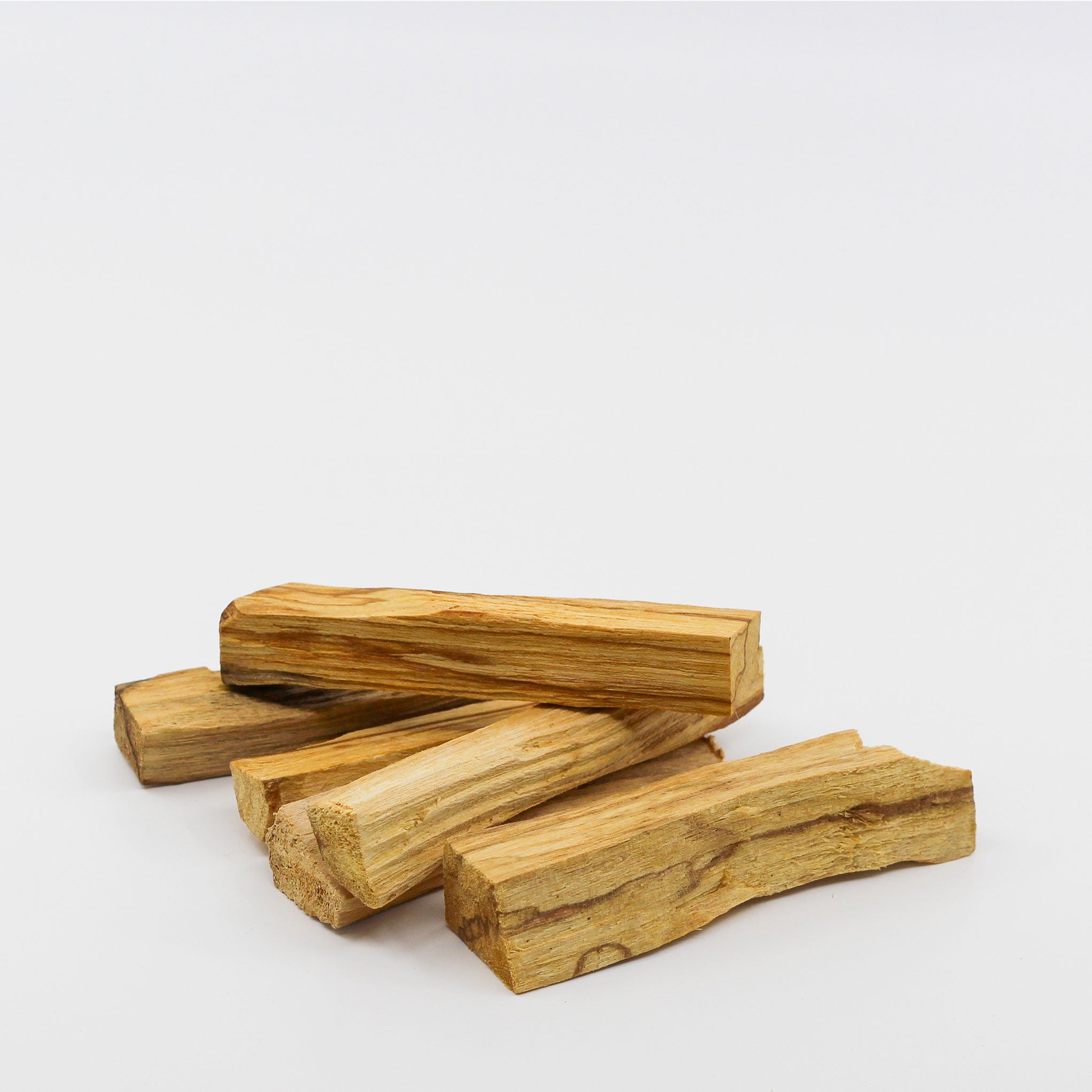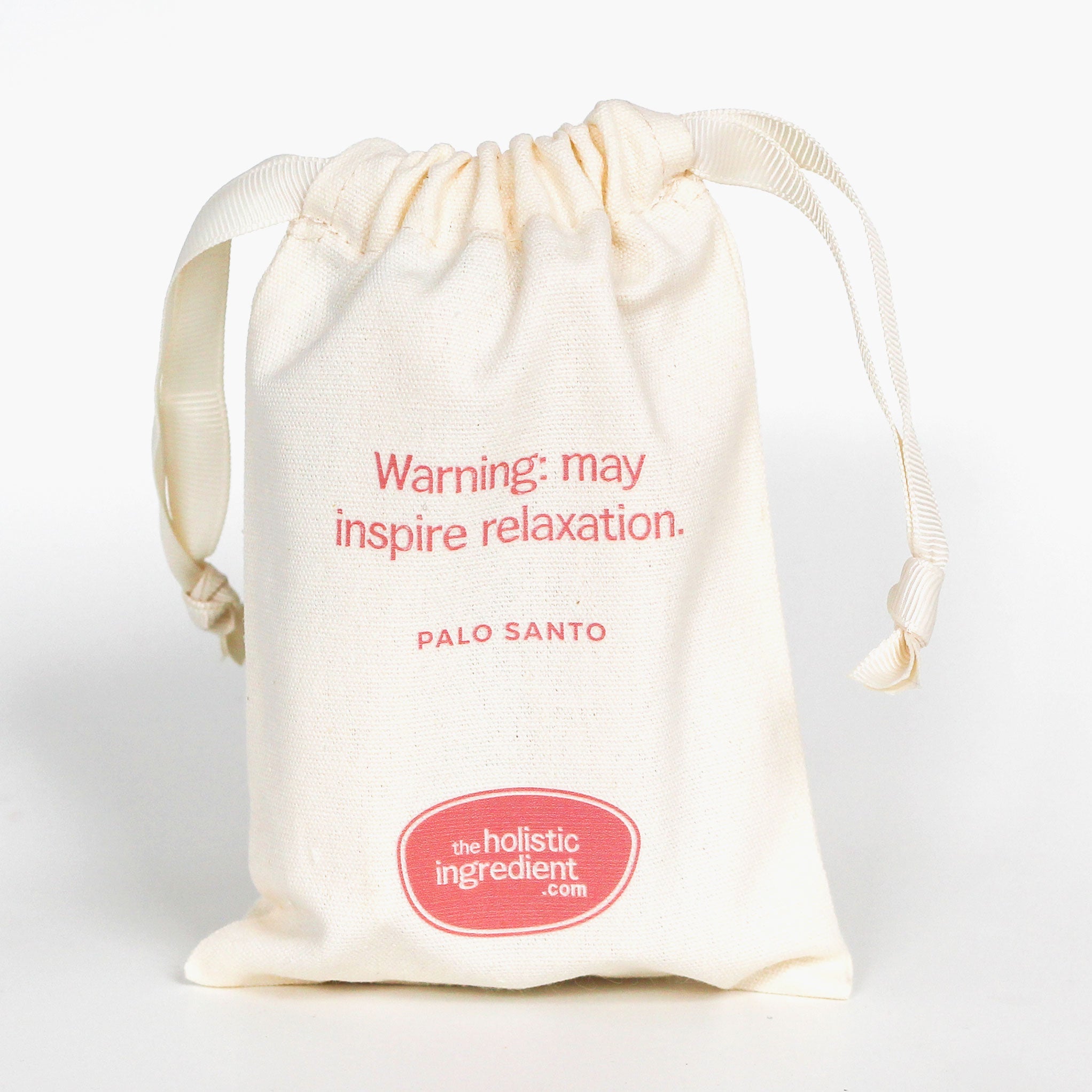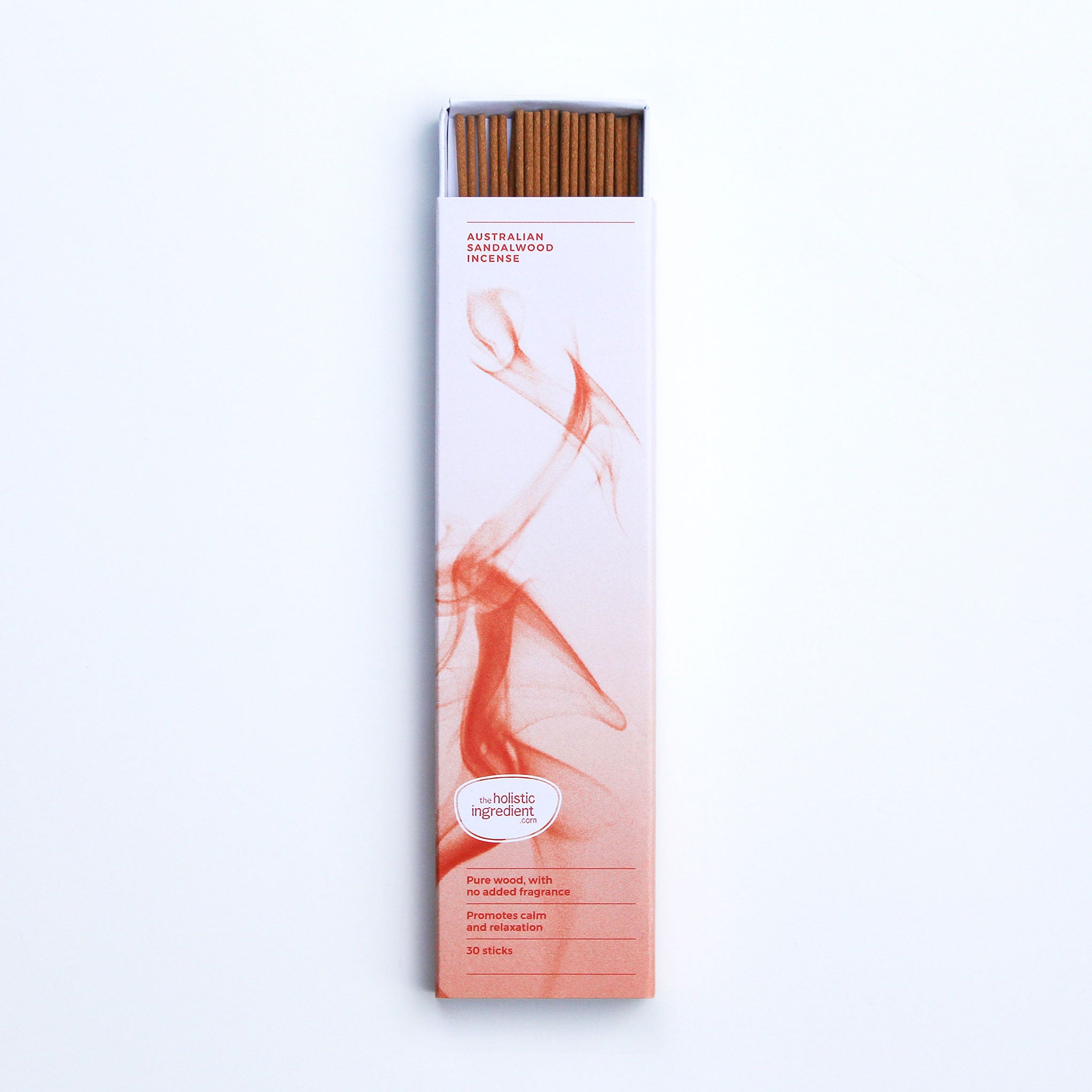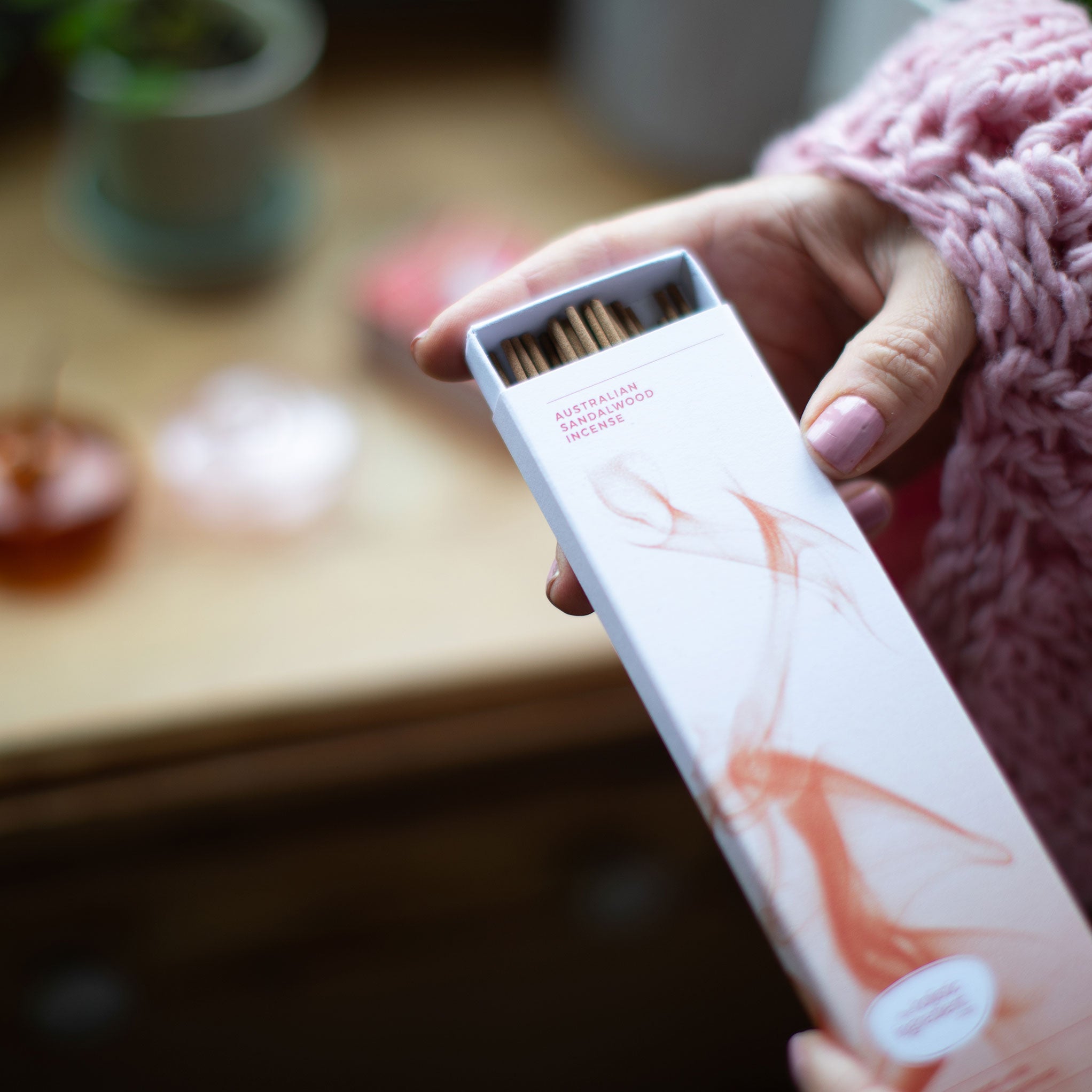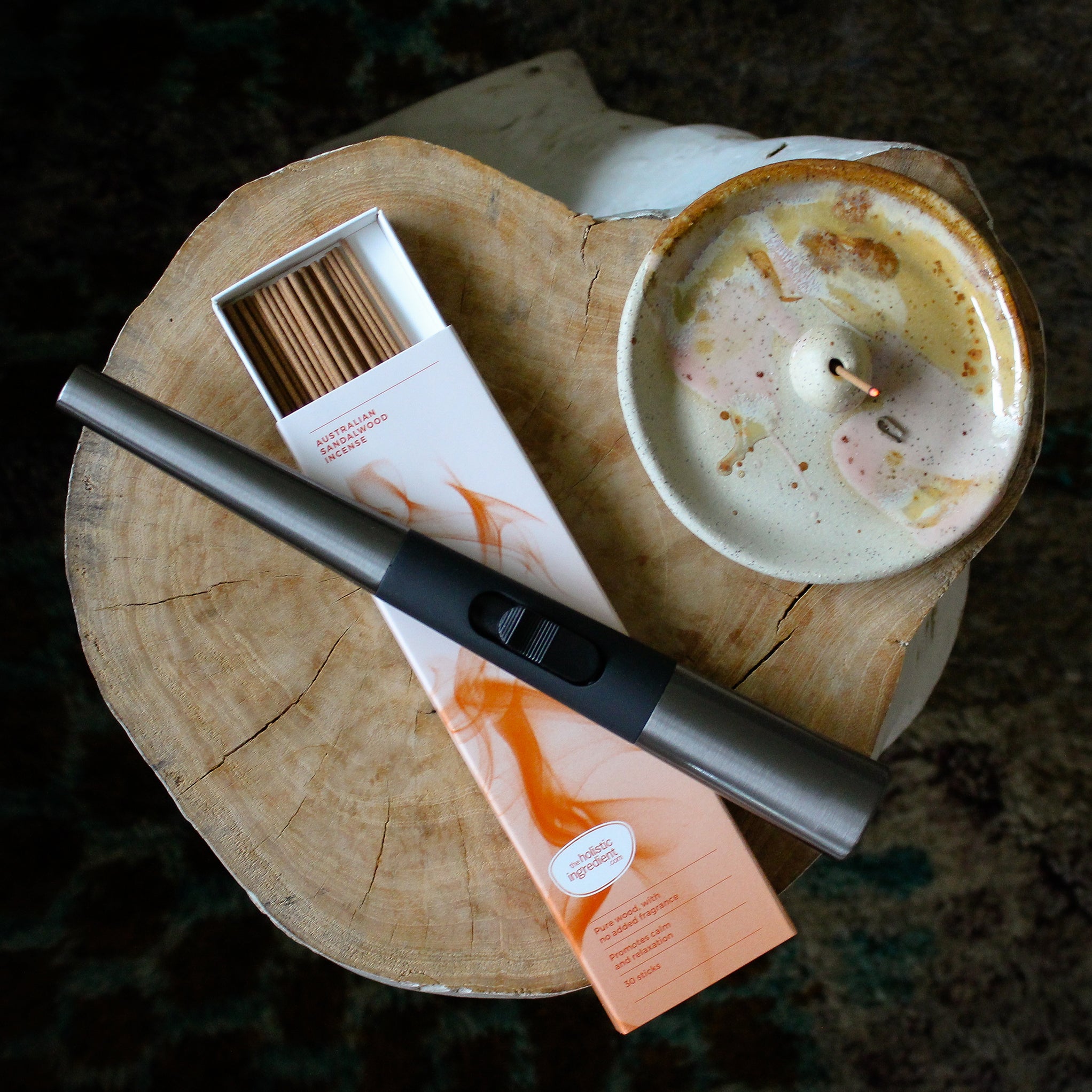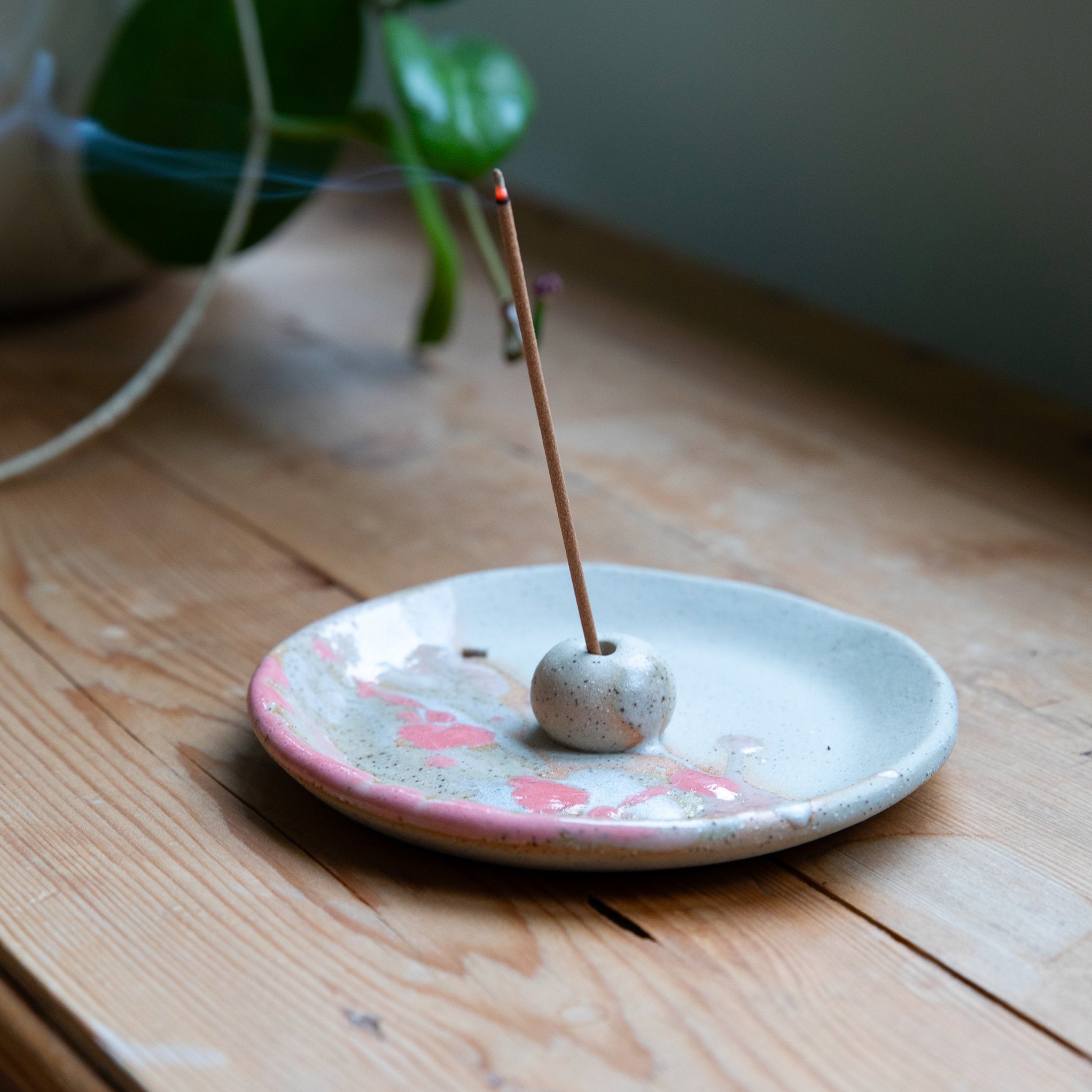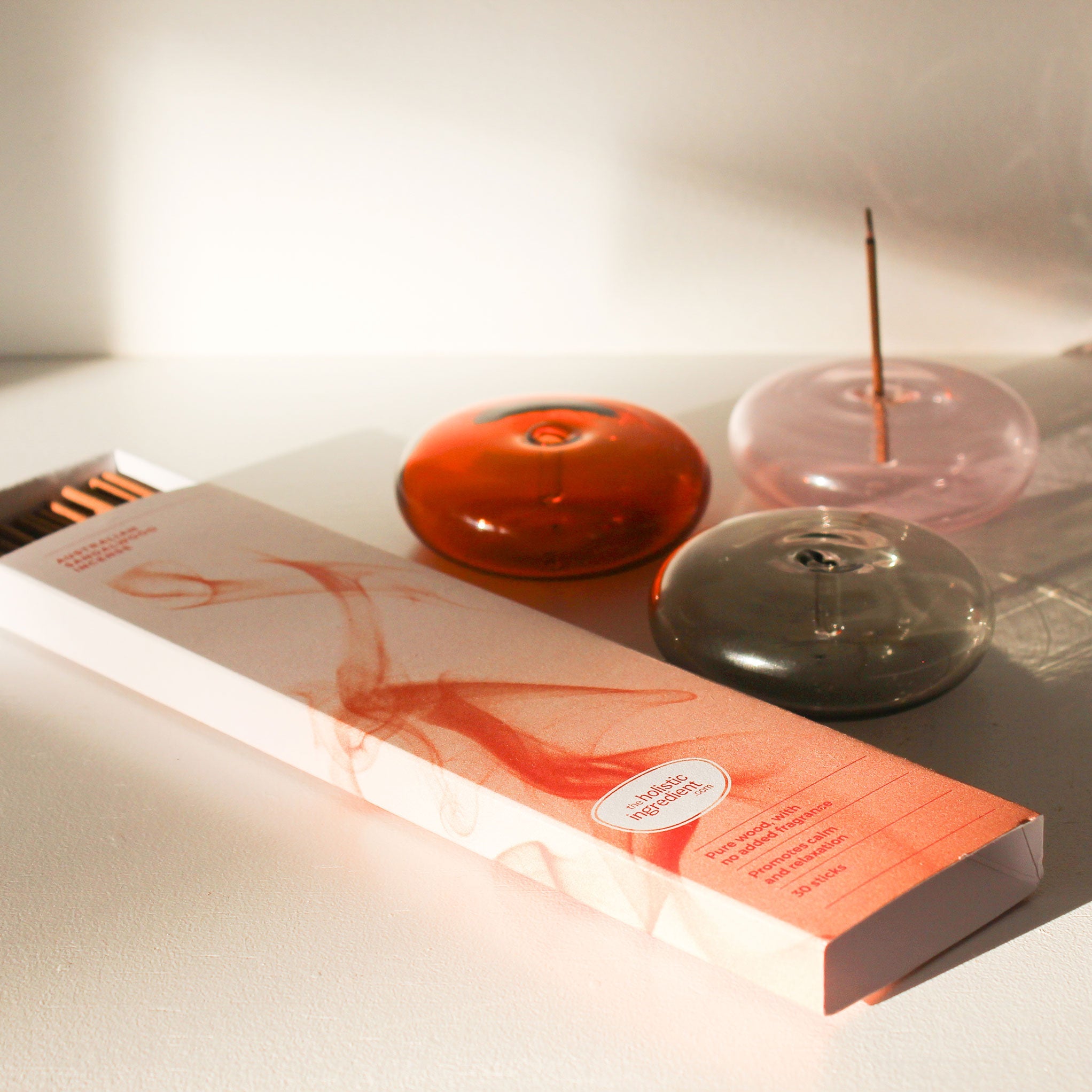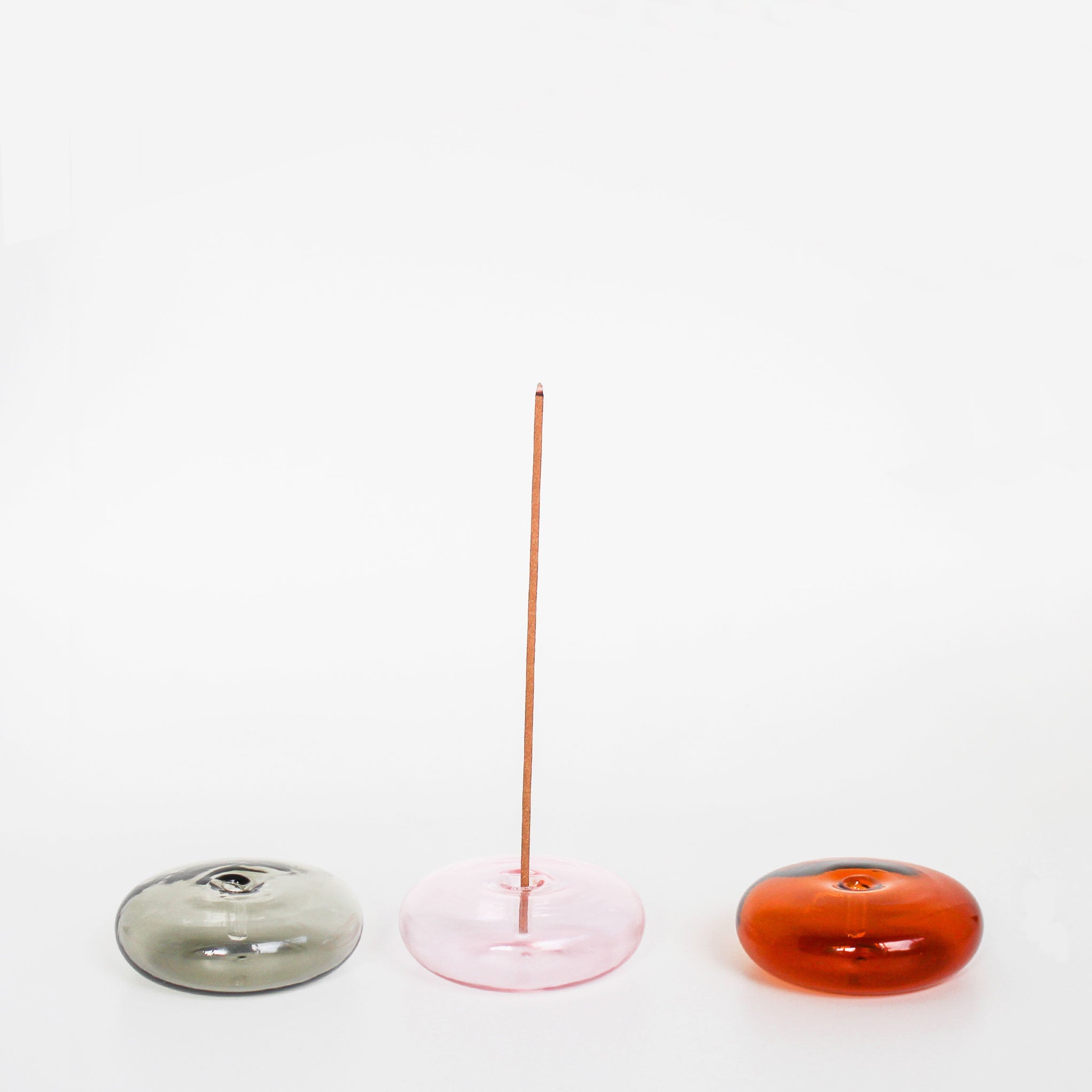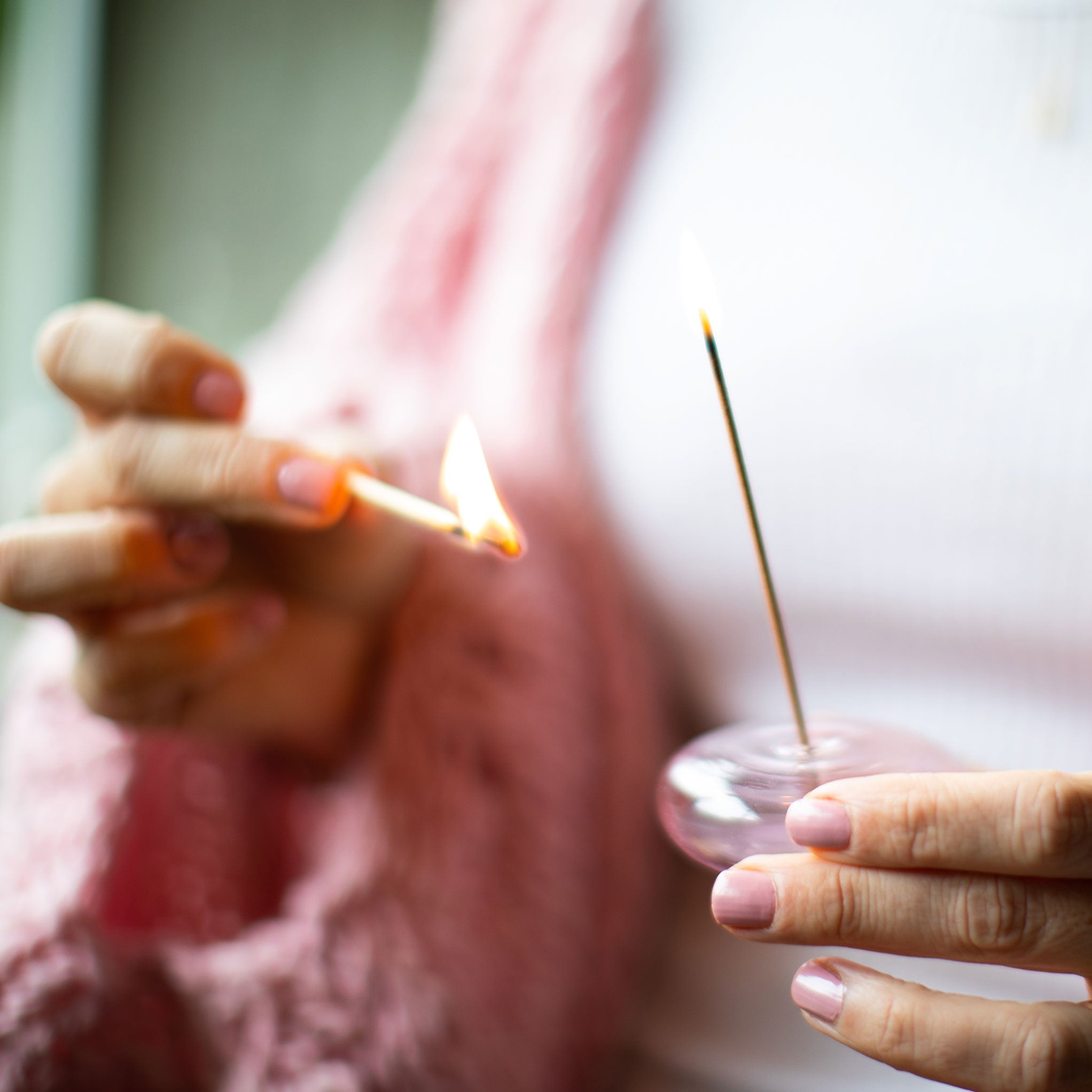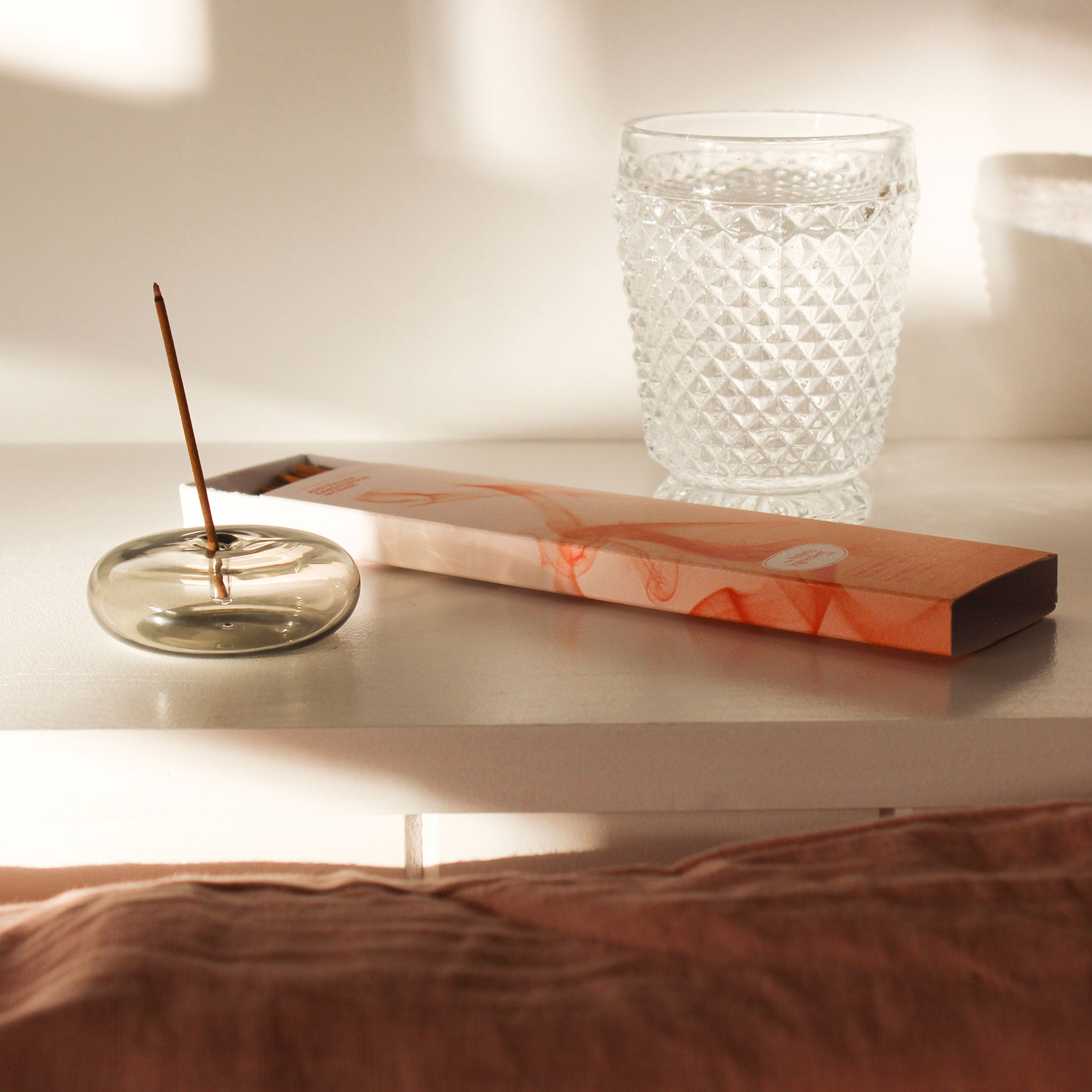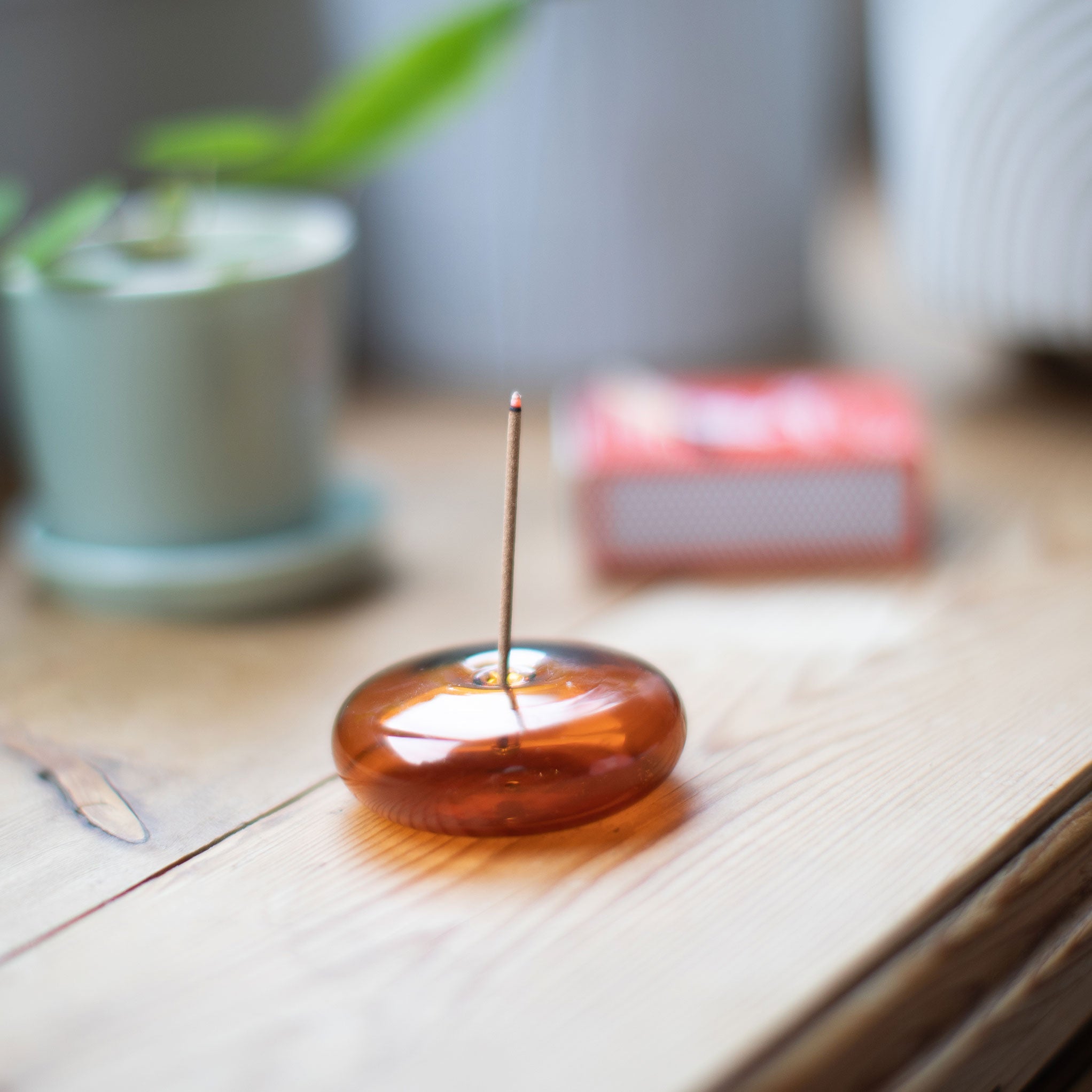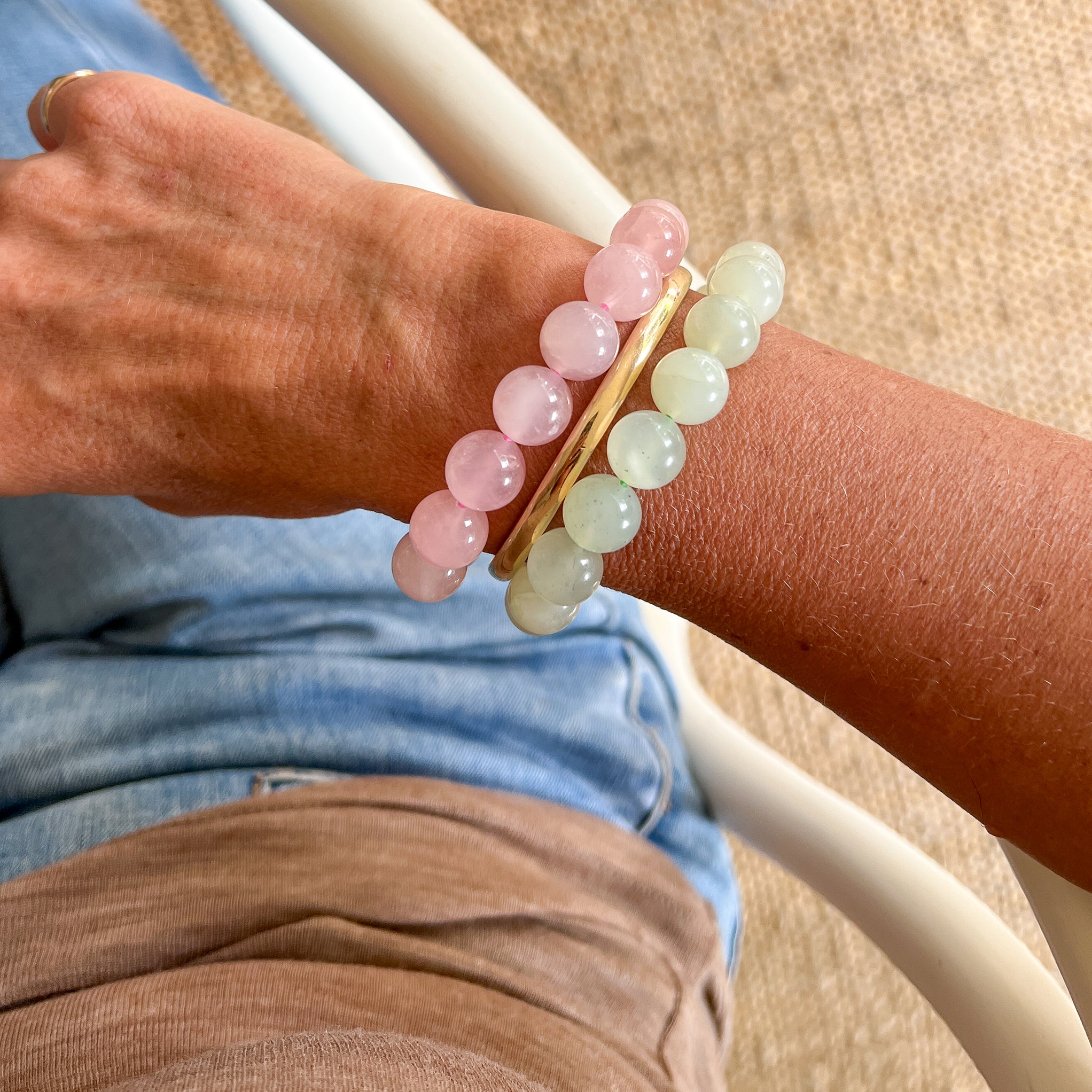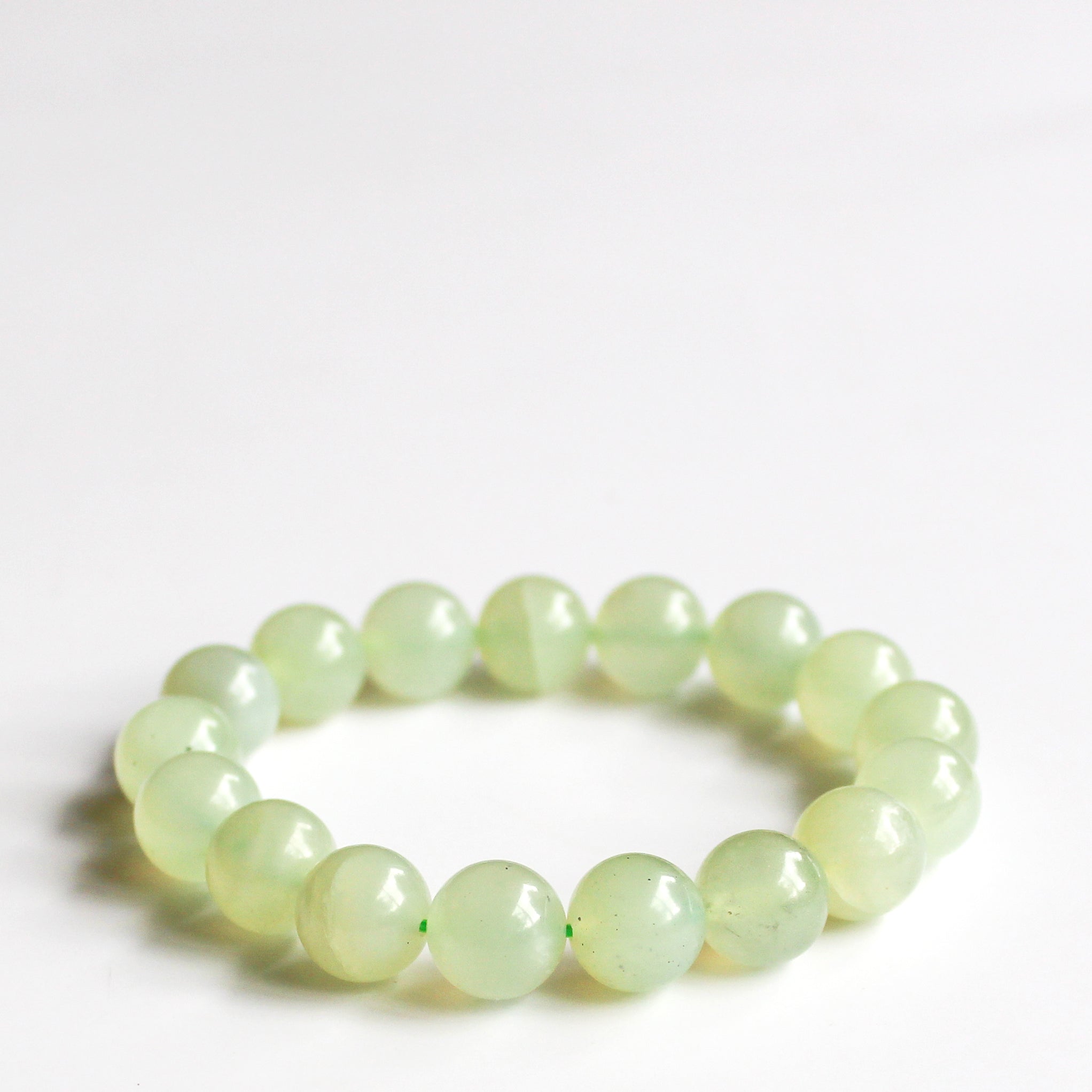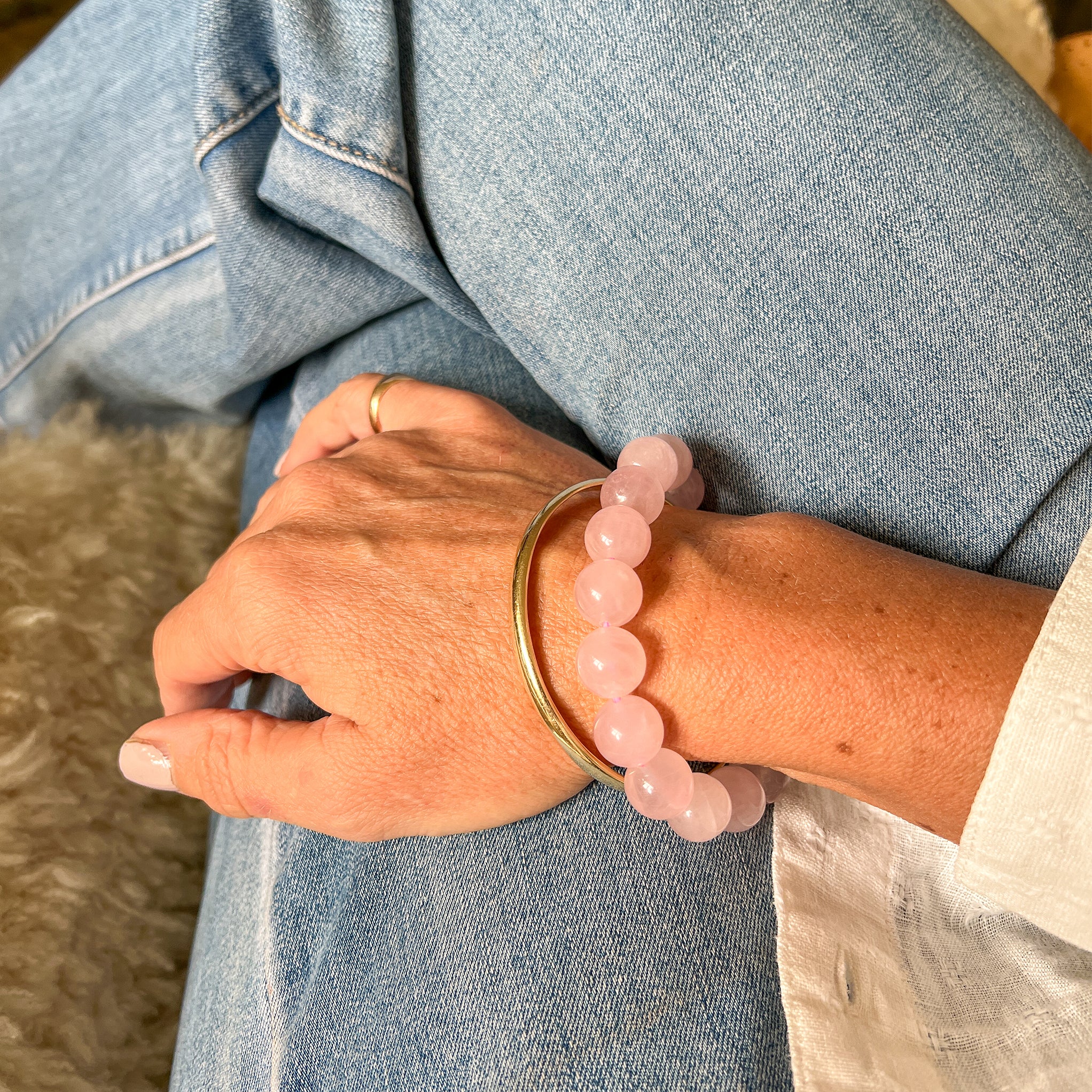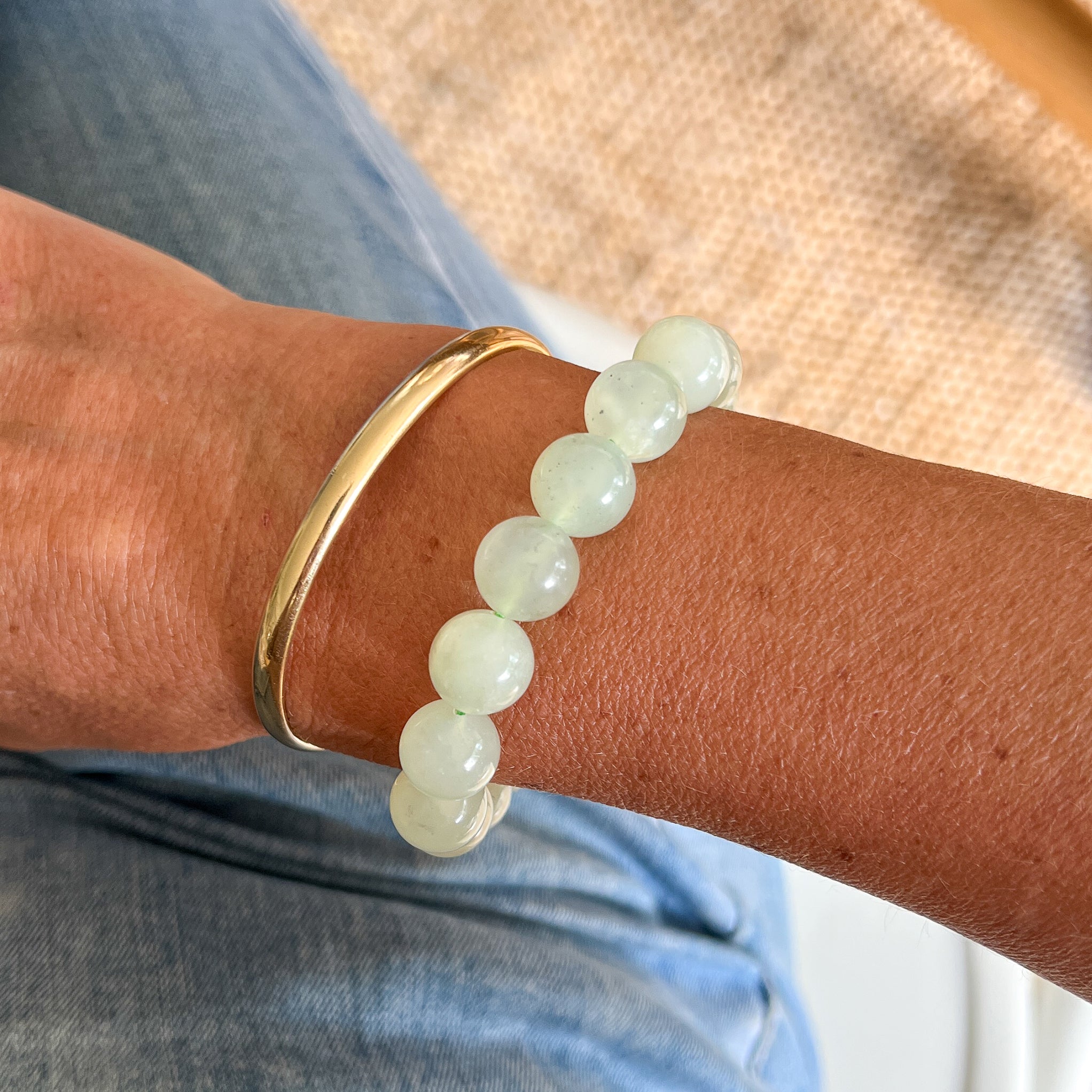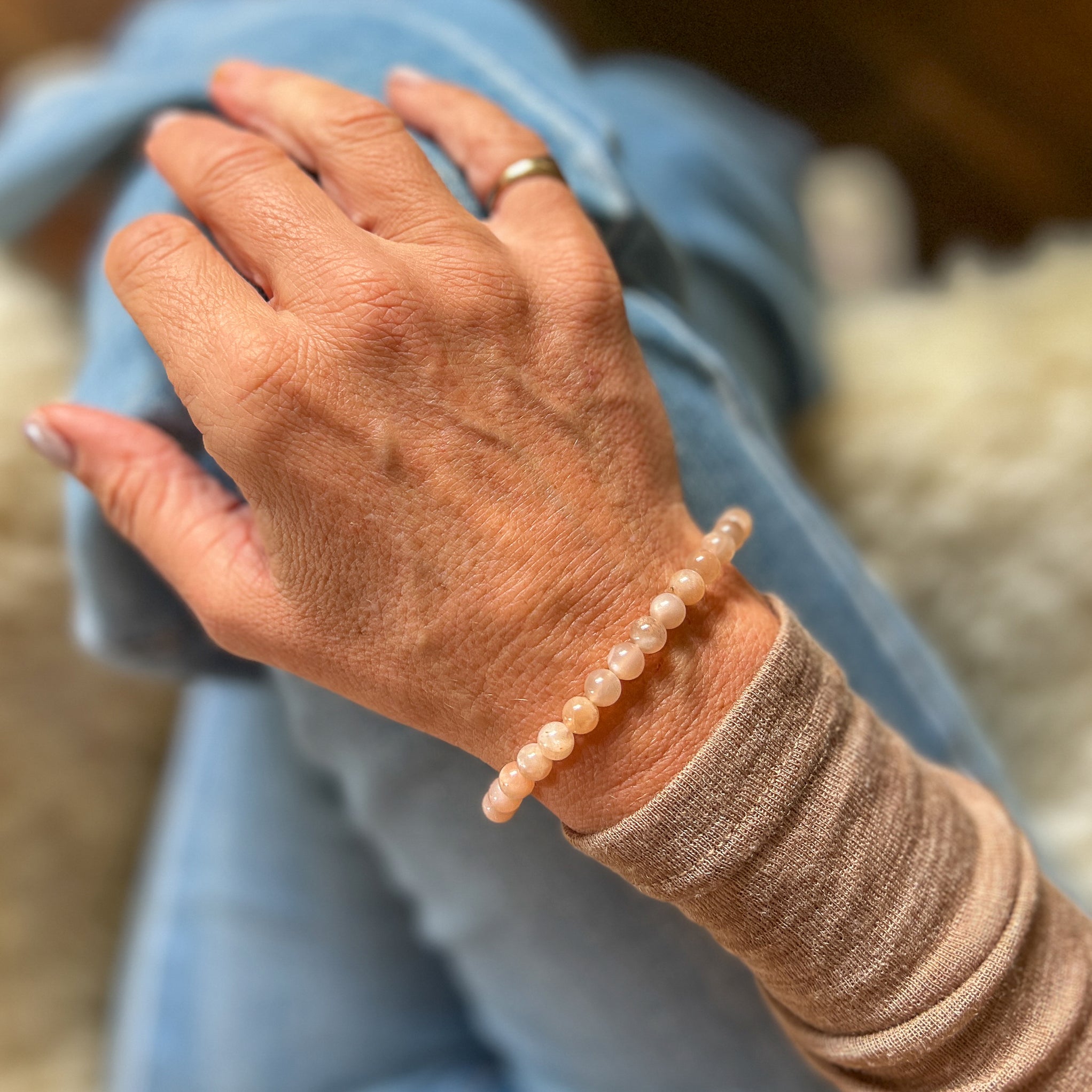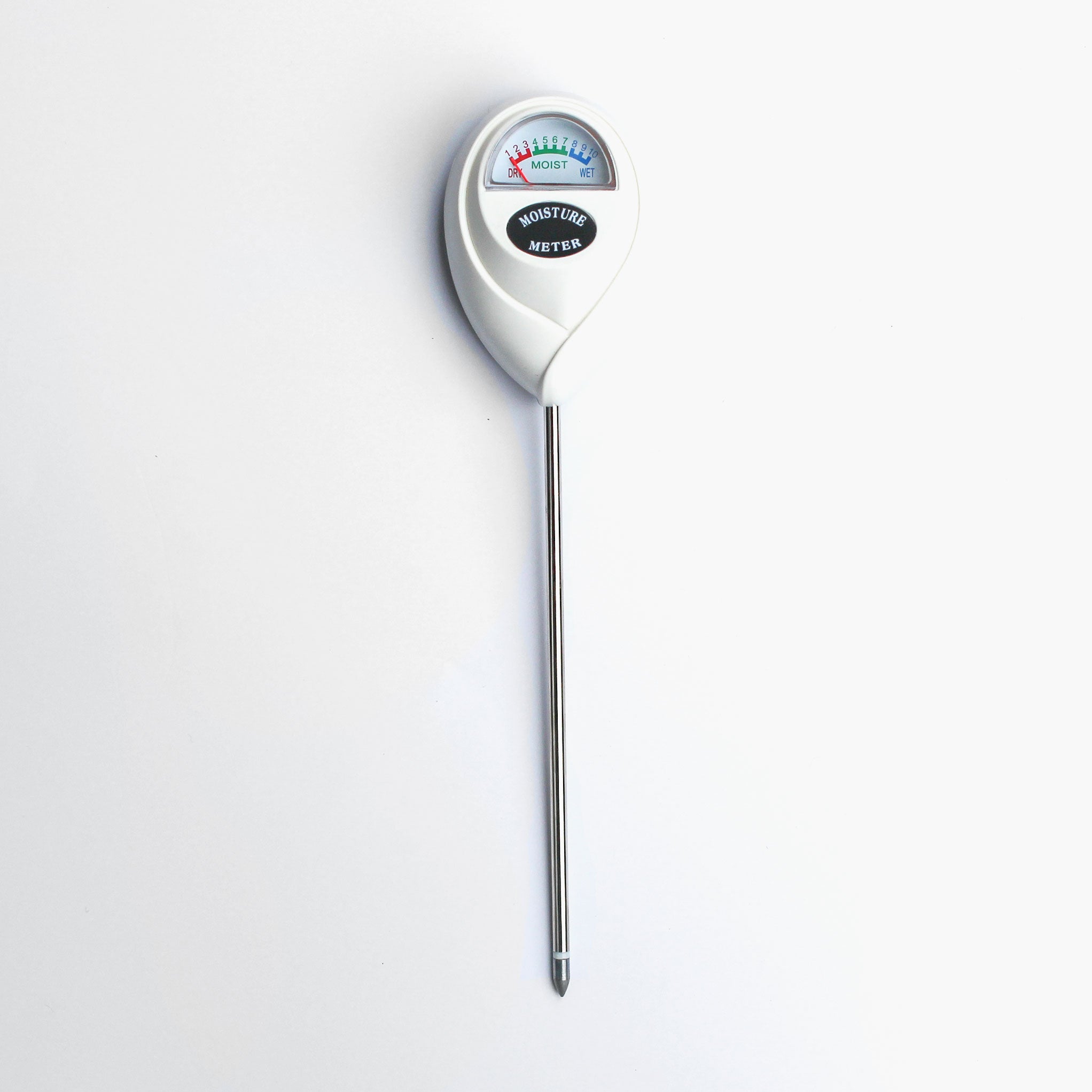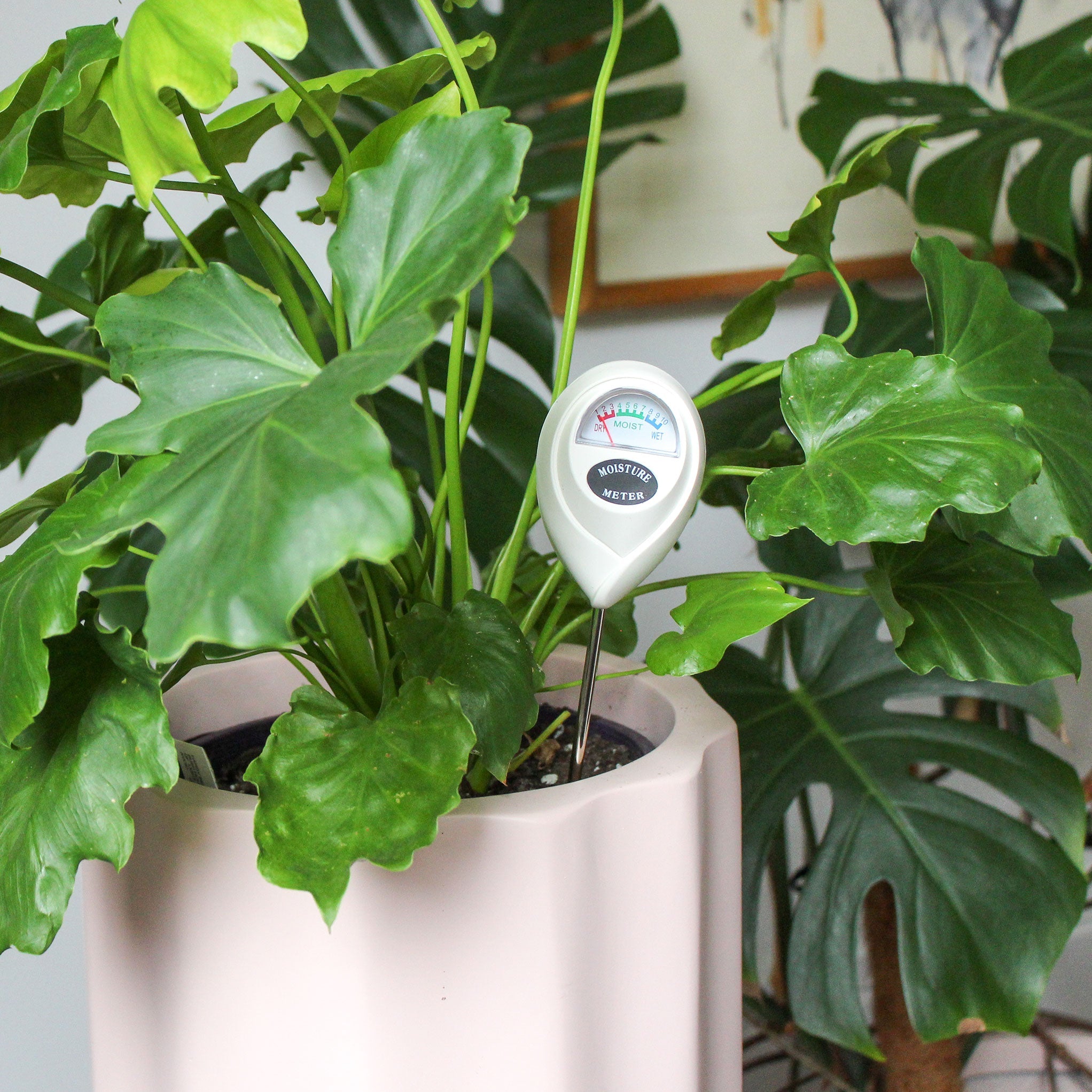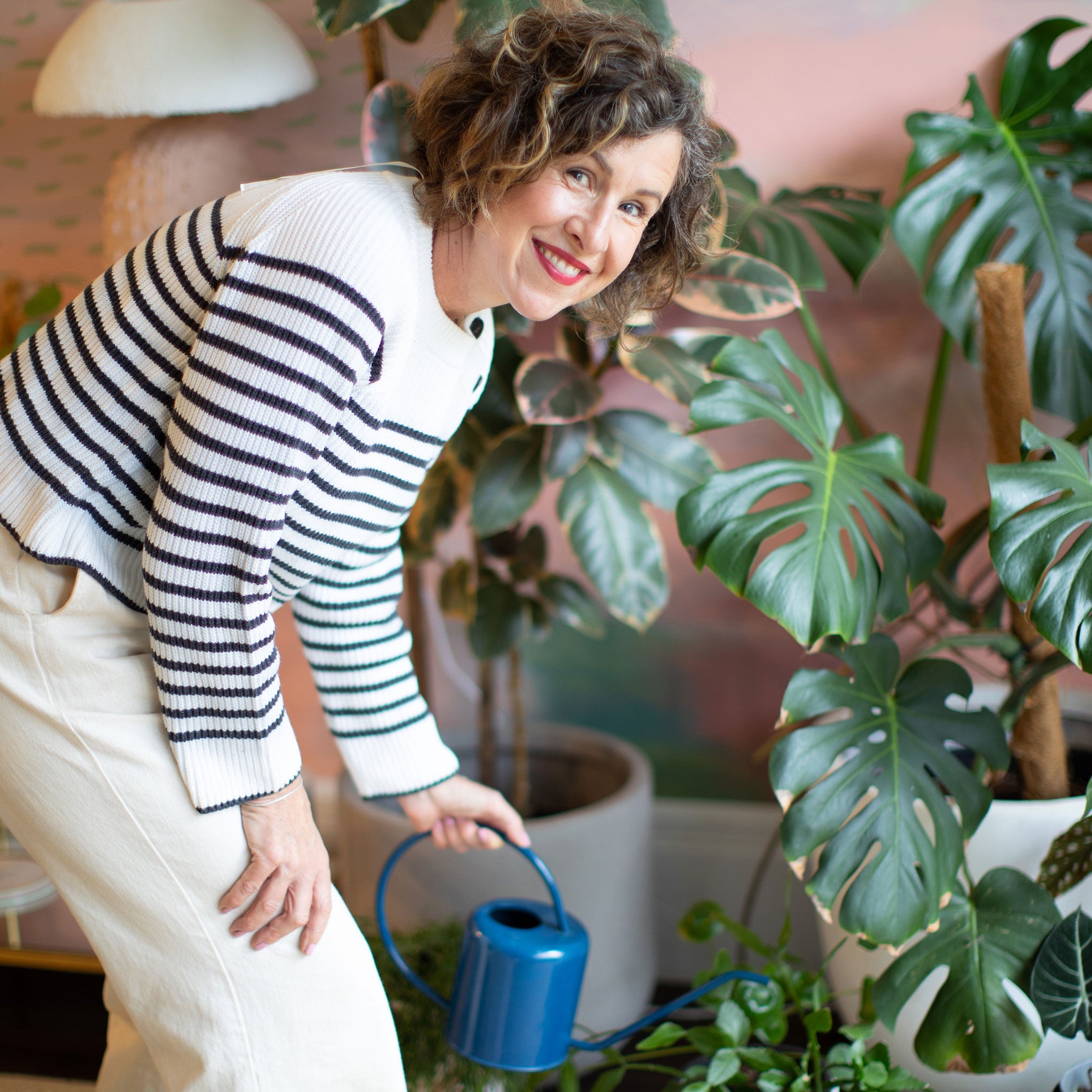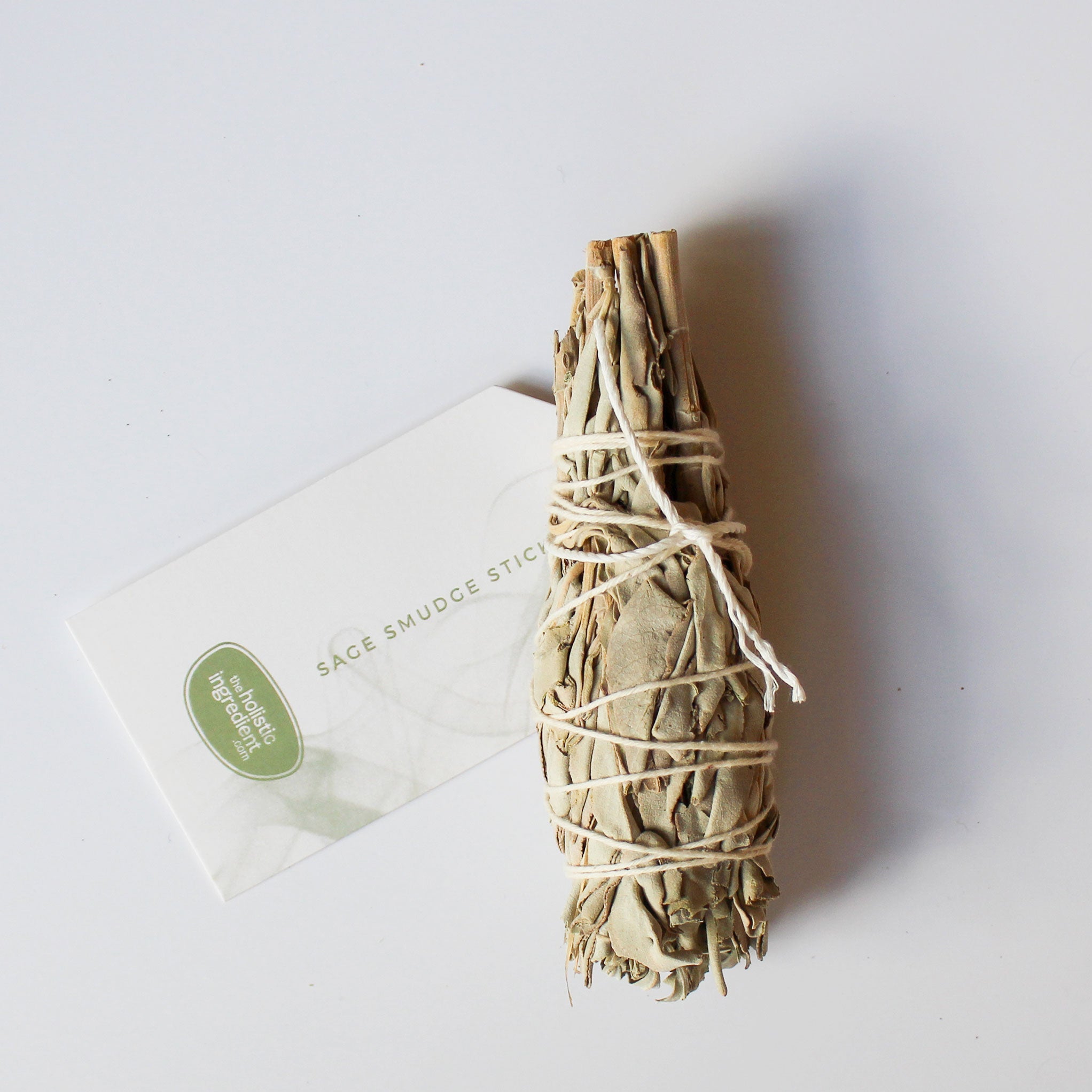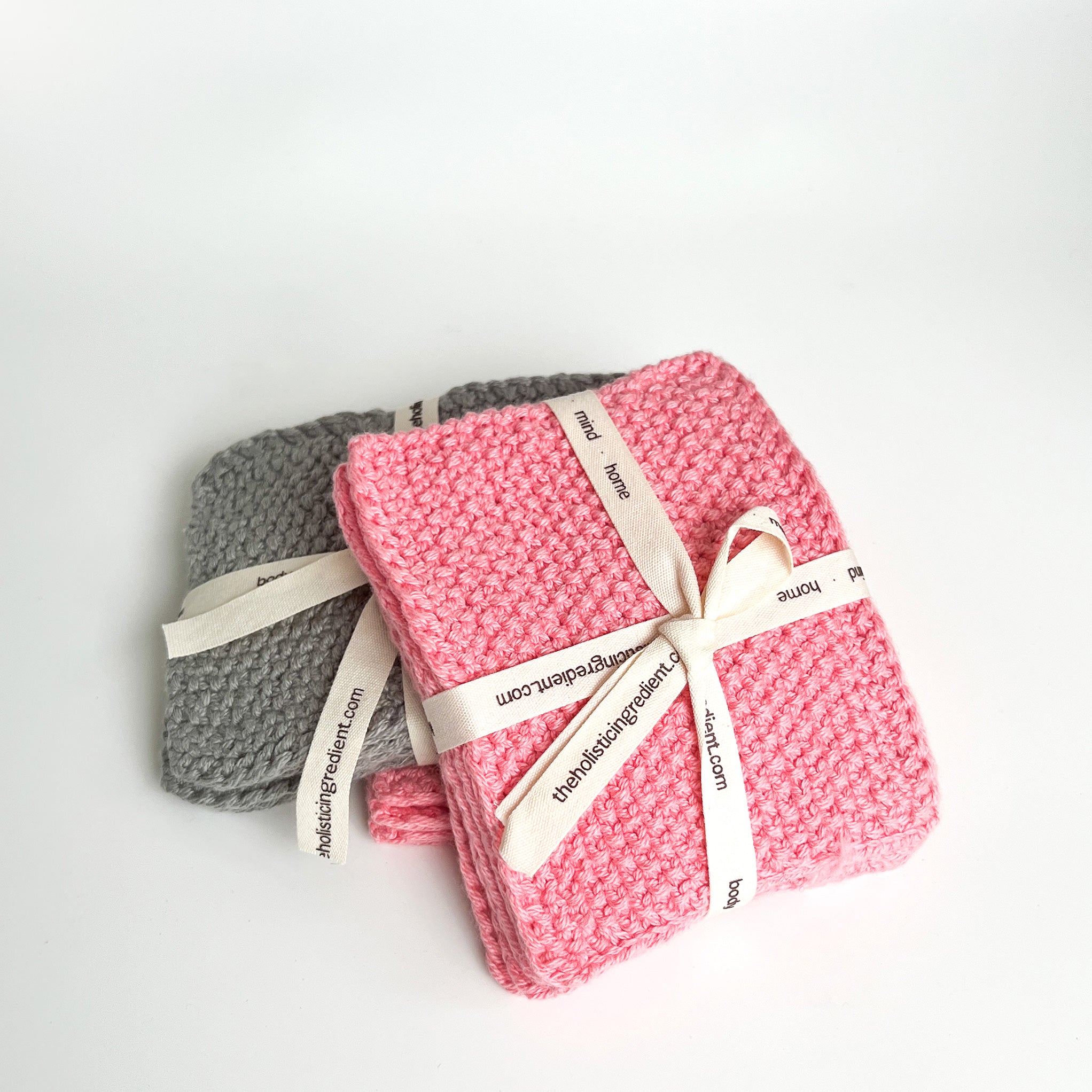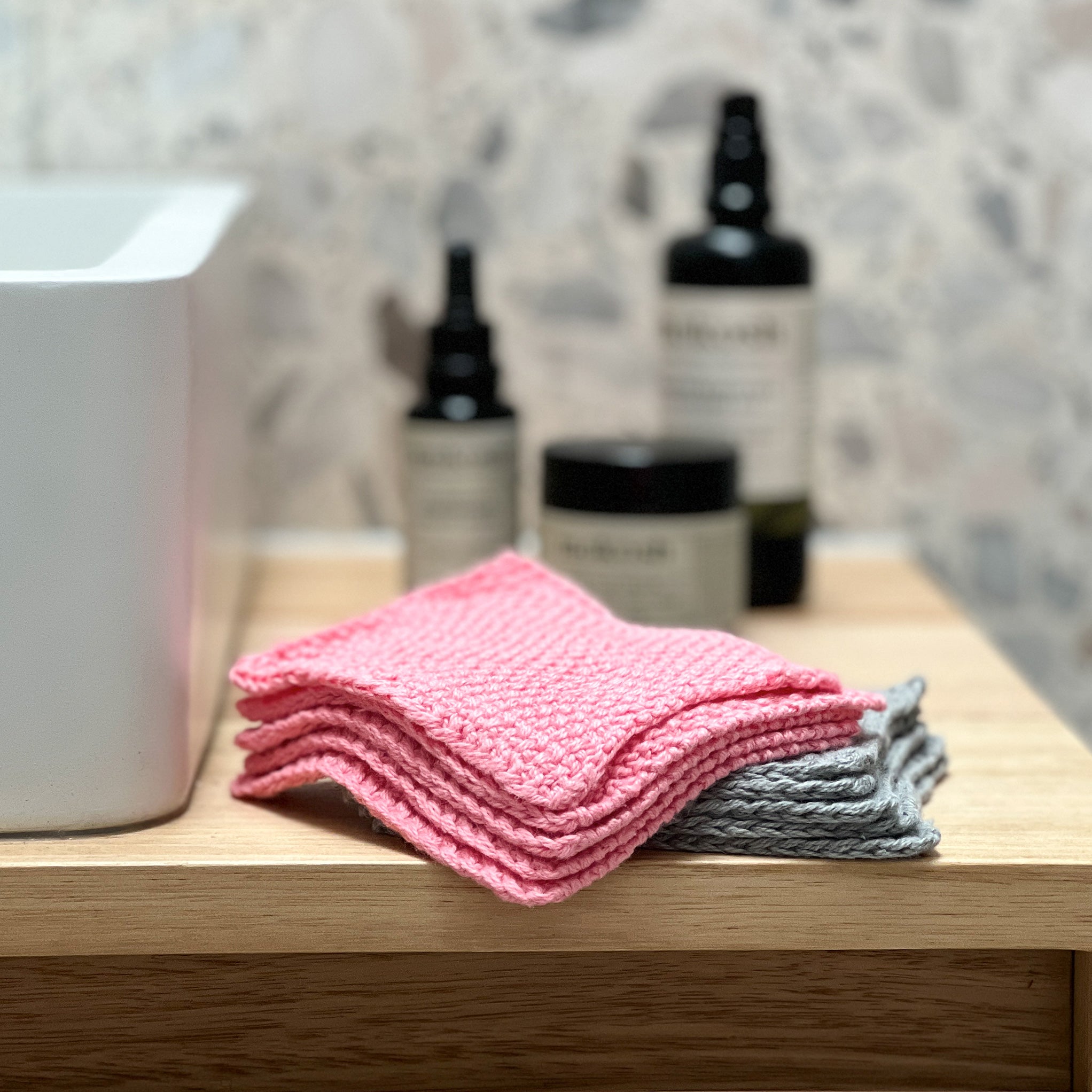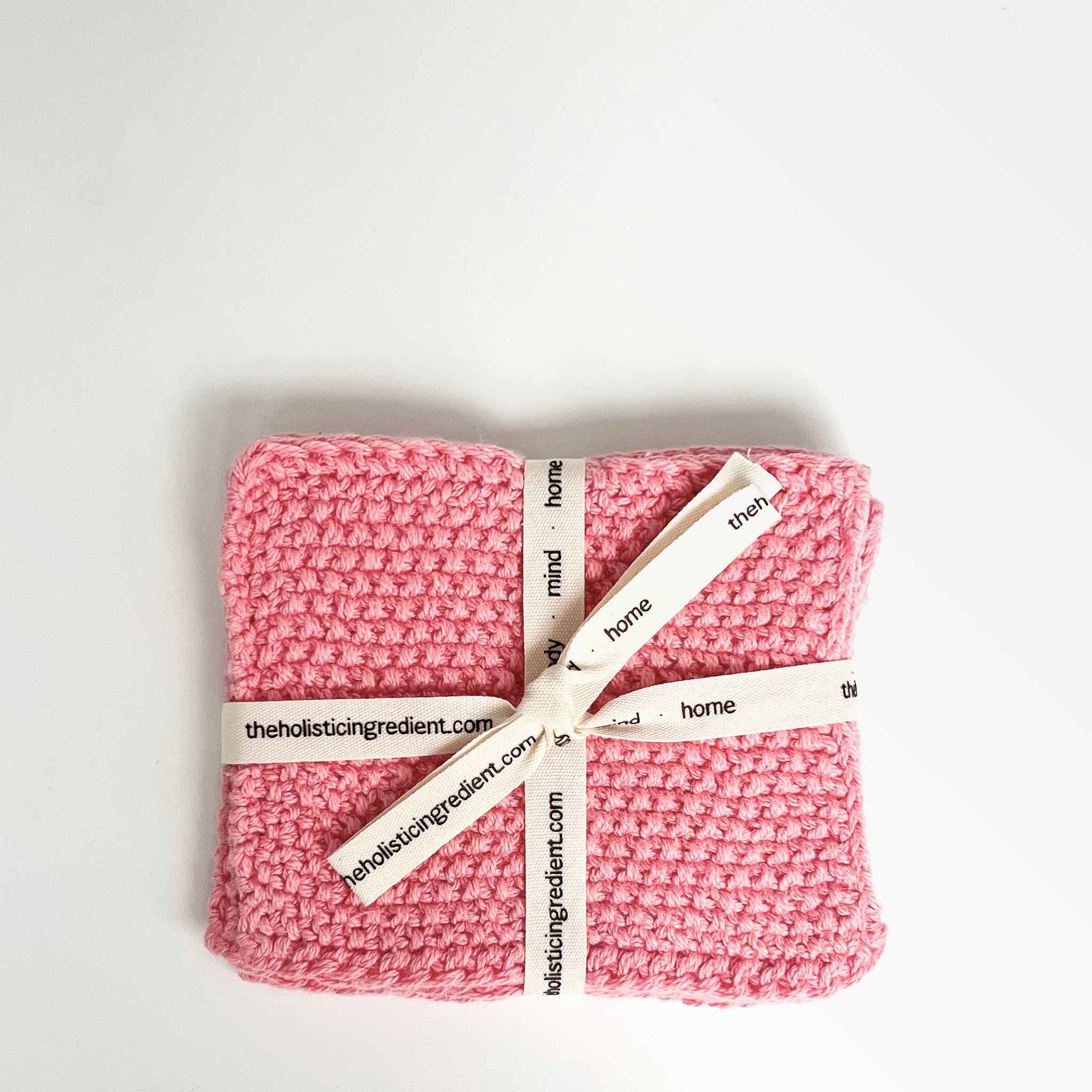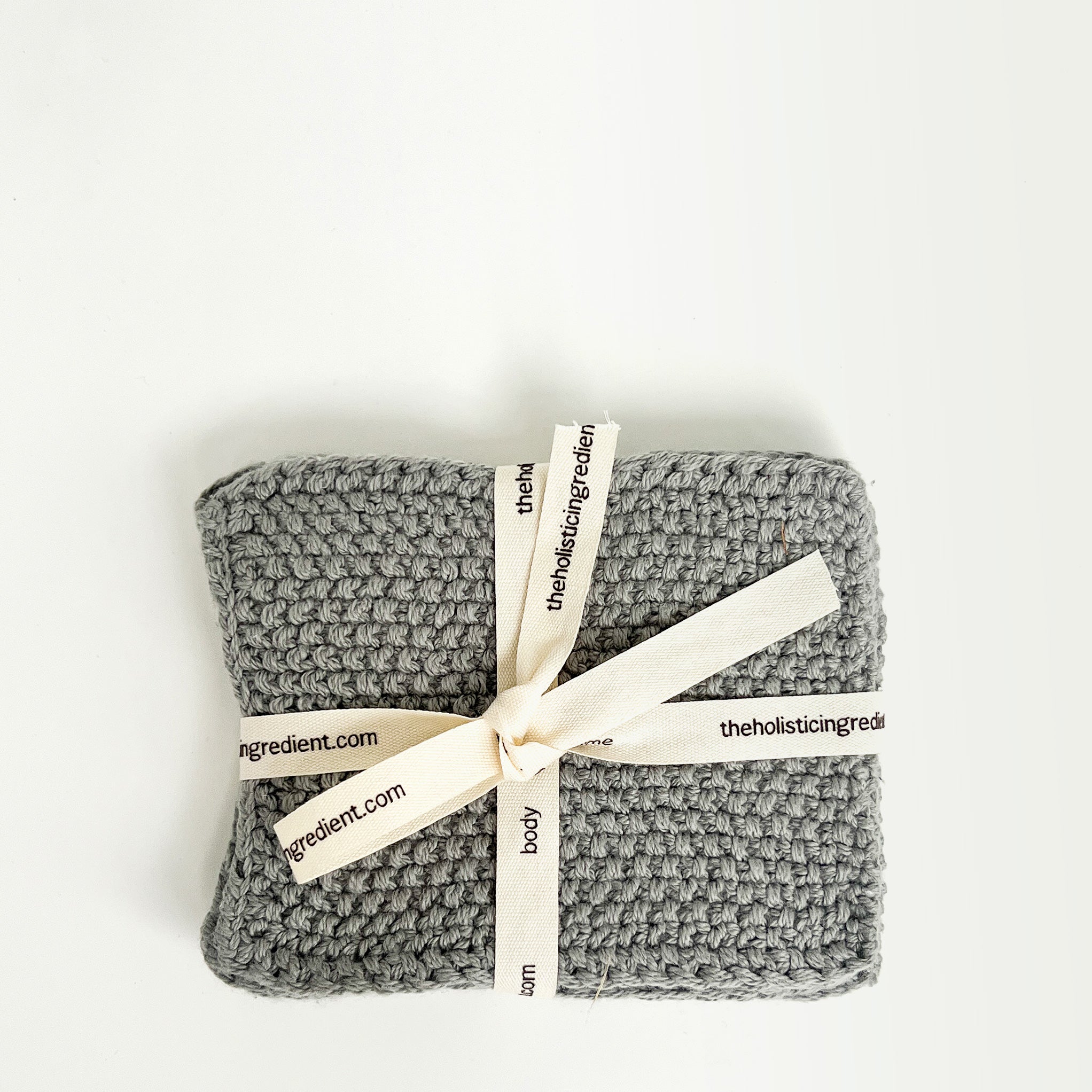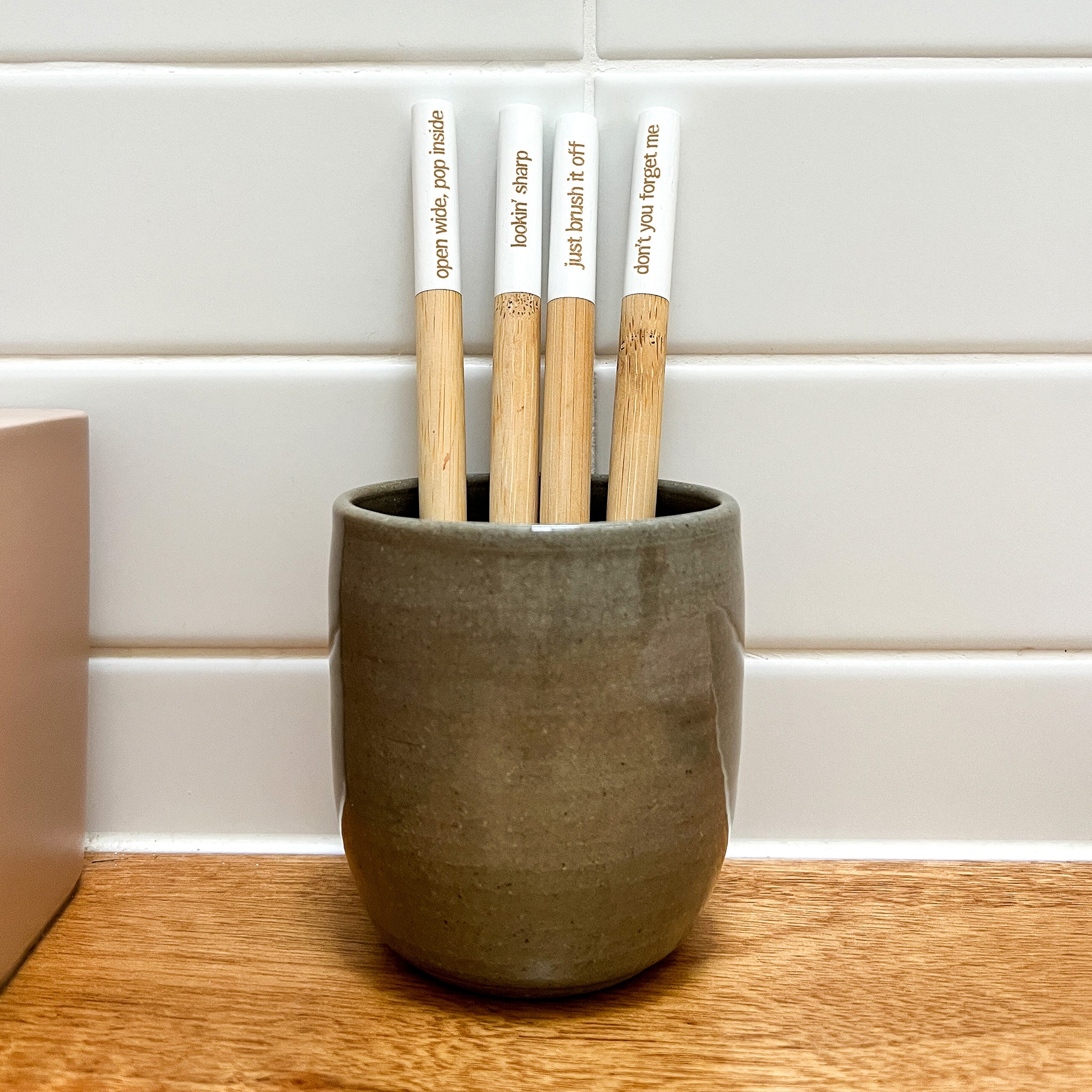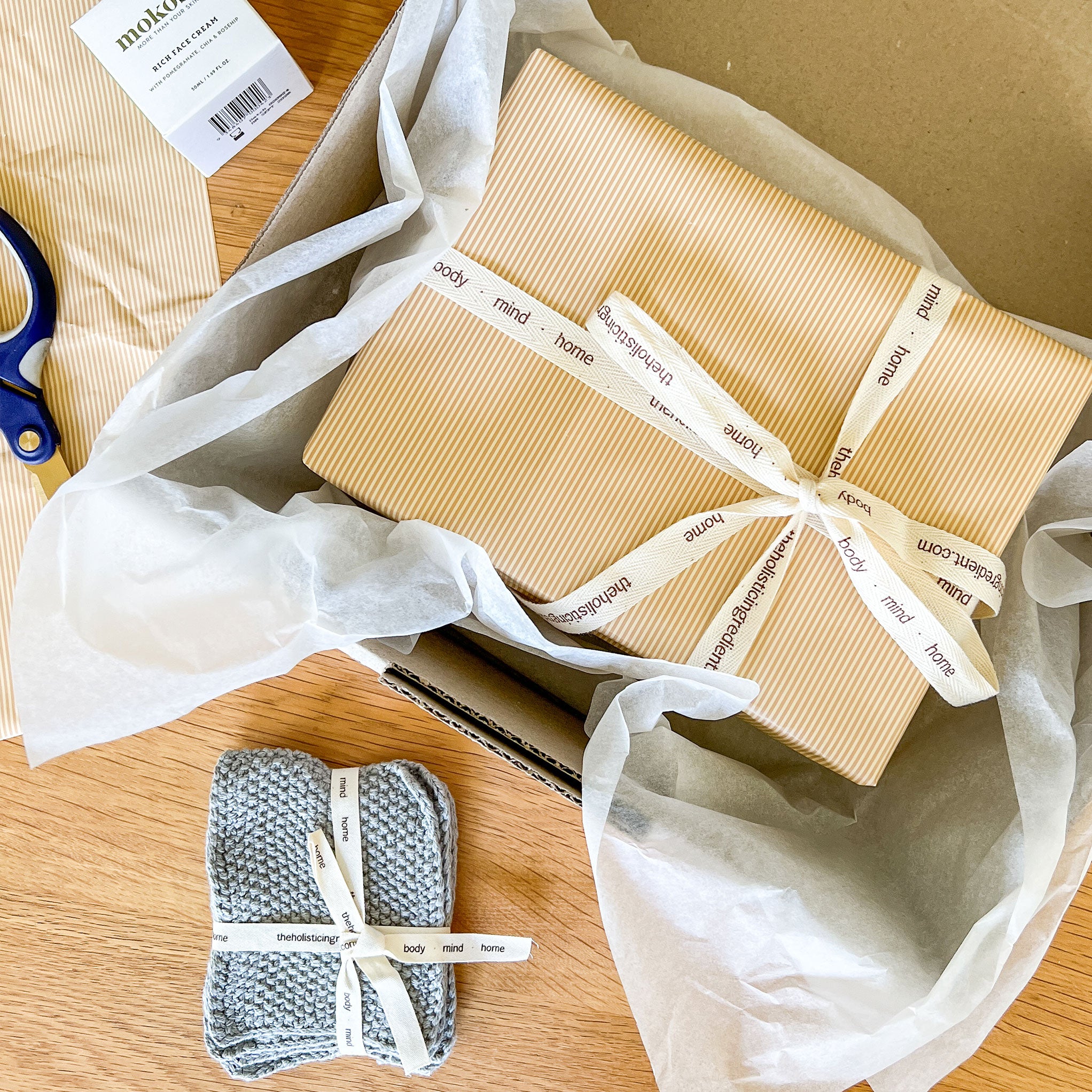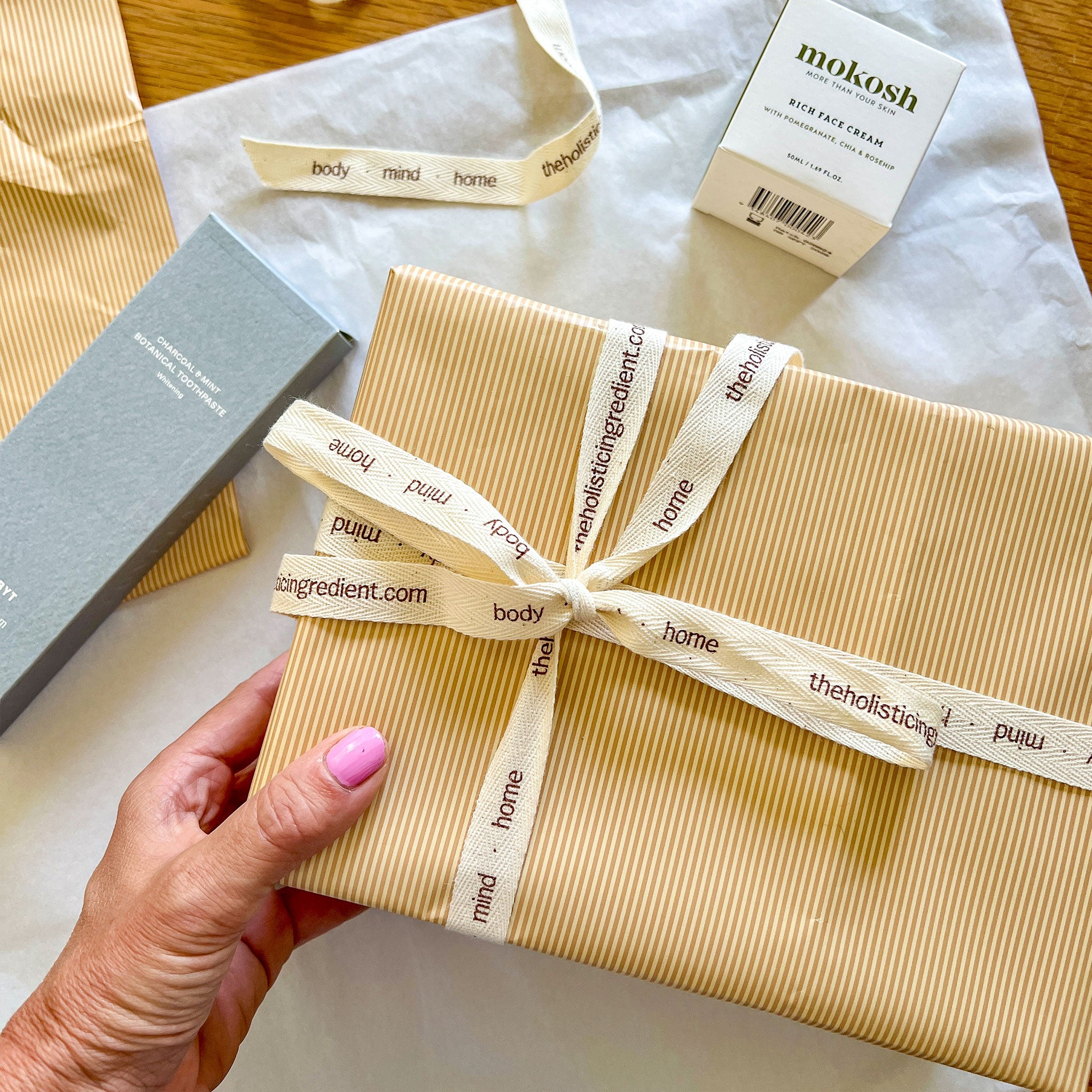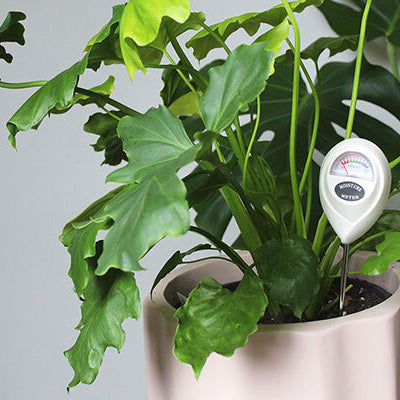
Photo by Lubo Minar on Unsplash
When we talk about building our emotional ‘muscle’ we’re really talking about resilience, right? That inner glue that holds us together when things start to unravel, when we feel helpless, when we start to break. It seems only in our darkest times do we try to flex that muscle, hoping it will be there. And we feel weak without it.
Next time, it will be there.
How do I know this? Because there are ways to build our emotional muscle, our resilience, and stay strong, no matter what. You’ll be able to bounce back from hardship and adversity. You’ll not only survive whatever life throws at you but use the tough times to make you a little stronger, every time.
Here’s how to start building your emotional muscle today . . .
Emotional awareness
Resilience starts with emotional awareness – understanding what you’re feeling and why. If we feel overwhelmed by our emotions, not understanding them, this can effectively shut us down. It’s that ‘frozen with fear’ feeling.
So, let's sit with our fears for a minute. Face them, see them and be aware of them. This isn’t going to be comfortable; we run from our fears for a reason – they’re scary. But if we keep running they’ll keep overwhelming us.
As we look at fear and have a greater awareness, we can give ourselves some objectivity, as opposed to being buried deep inside it. Start watching your fears as they rise up and don’t try to squash them away, simply understand them.
Knowing exactly why you’re upset can help you map out a plan of action for change.
Go hunting for the positive
Some of us are naturally more positive and optimistic than others – but adopting a more positive outlook is something you can learn. Seeing the positive in any given situation can boost our ability to cope with stress and build that emotional muscle.
So, how do you find the positive when everything looks bleak? By being grateful. Research tells us people who spend a few minutes a day focused on the positive aspects of their life and being grateful start to develop a pattern of looking for positives around them. It helps to write down what you are grateful for. Keep a diary and write down three things you are grateful for every day.
Along with being grateful, building resilience through positivity means actively engaging in things we enjoy. What are the simple things that bring you joy? Engage with them every day; even just 30 minutes a day of being in nature, meditating, soaking in the bath, will give you a platform of positivity to meet whatever negativity comes your way.

Photo by Gabrielle Henderson on Unsplash
Keep moving
Have you noticed how you feel after a walk in the sunshine? Much better. People who exercise regularly and maintain a strong body are better equipped to emotionally cope with stress.
Simulating anxious responses physically – like rapid breathing, sweating and an increased heart rate – through exercise helps us to understand that these feelings of stress aren’t dangerous. Over time, vigorous exercise and mimicking these physical responses can actually decrease the intensity of emotional stress. Basically our body lets our minds know ‘It’s okay.’
Exercise is extra powerful for people prone to ‘getting in their head’ with fearful thoughts, worry and anxiety. Get in your body instead – and keep moving.
Don't want to go for a run? Read about the benefits of walking instead.
Go lightly and gently
Building our emotional muscle and resilience requires the opposite of a ‘toughen up’ approach when it comes to self-talk. The way we self talk directly affects how we cope with stress. Instead of internally asking (or screaming) ‘How did I let this happen?’ or ‘I’m falling apart’ and ‘I can’t take this’ it’s important to moderate your self-talk in a positive, caring way. Catch yourself letting your negative internal dialogue take over. Shut it down. Replace it with ‘I’m the one to handle this’, ‘I’ve got this’, ‘I trust myself’.
Build your inner belief as you would a house. Start with the flooring, then the walls and create an inner structure made with care, positivity, self-love and self-trust.
So, are you ready to build you emotional muscle?
Become emotionally aware. Look for positives. Be gentle with your self-talk. And trust yourself.
You’ve got this.


